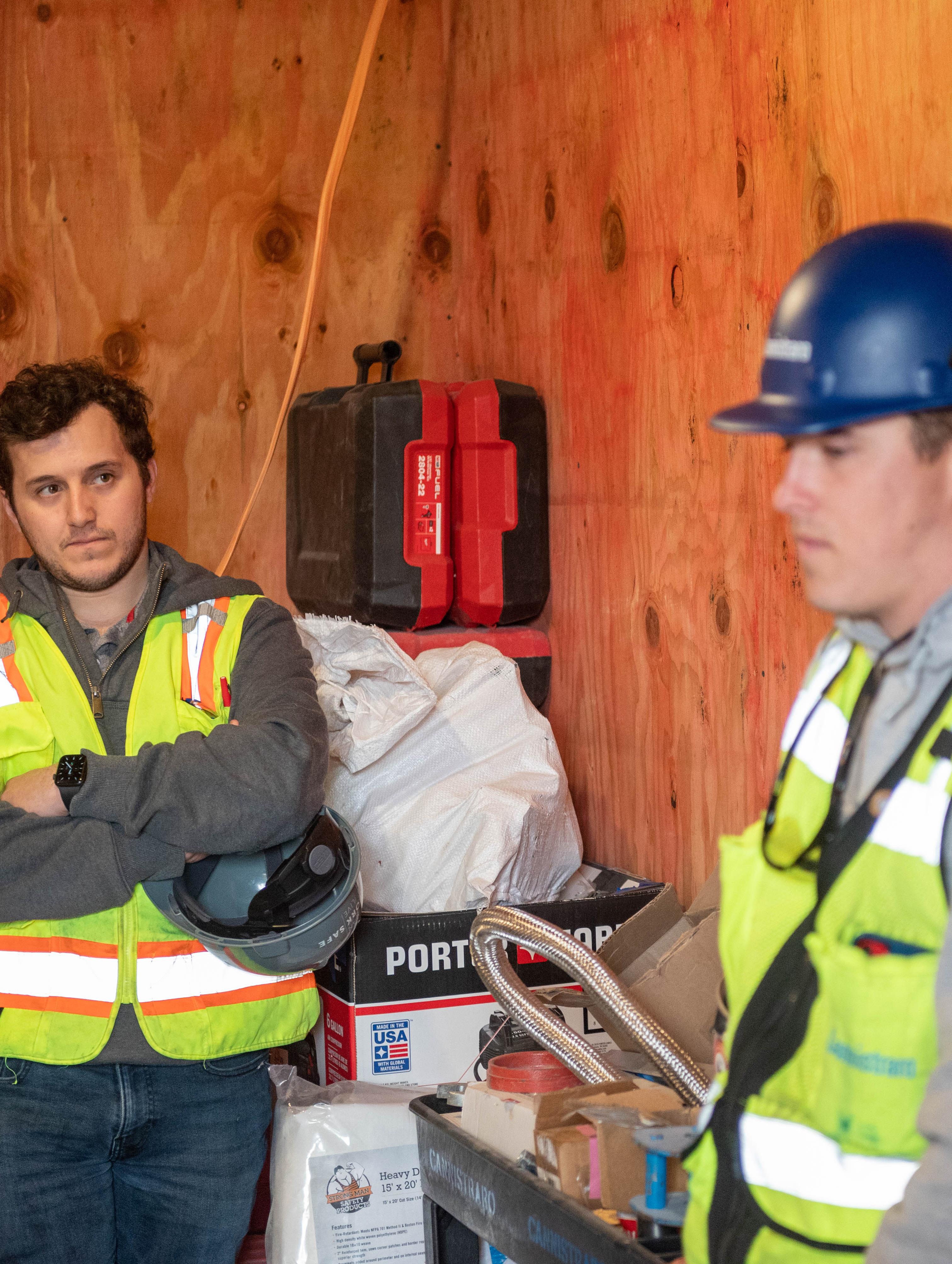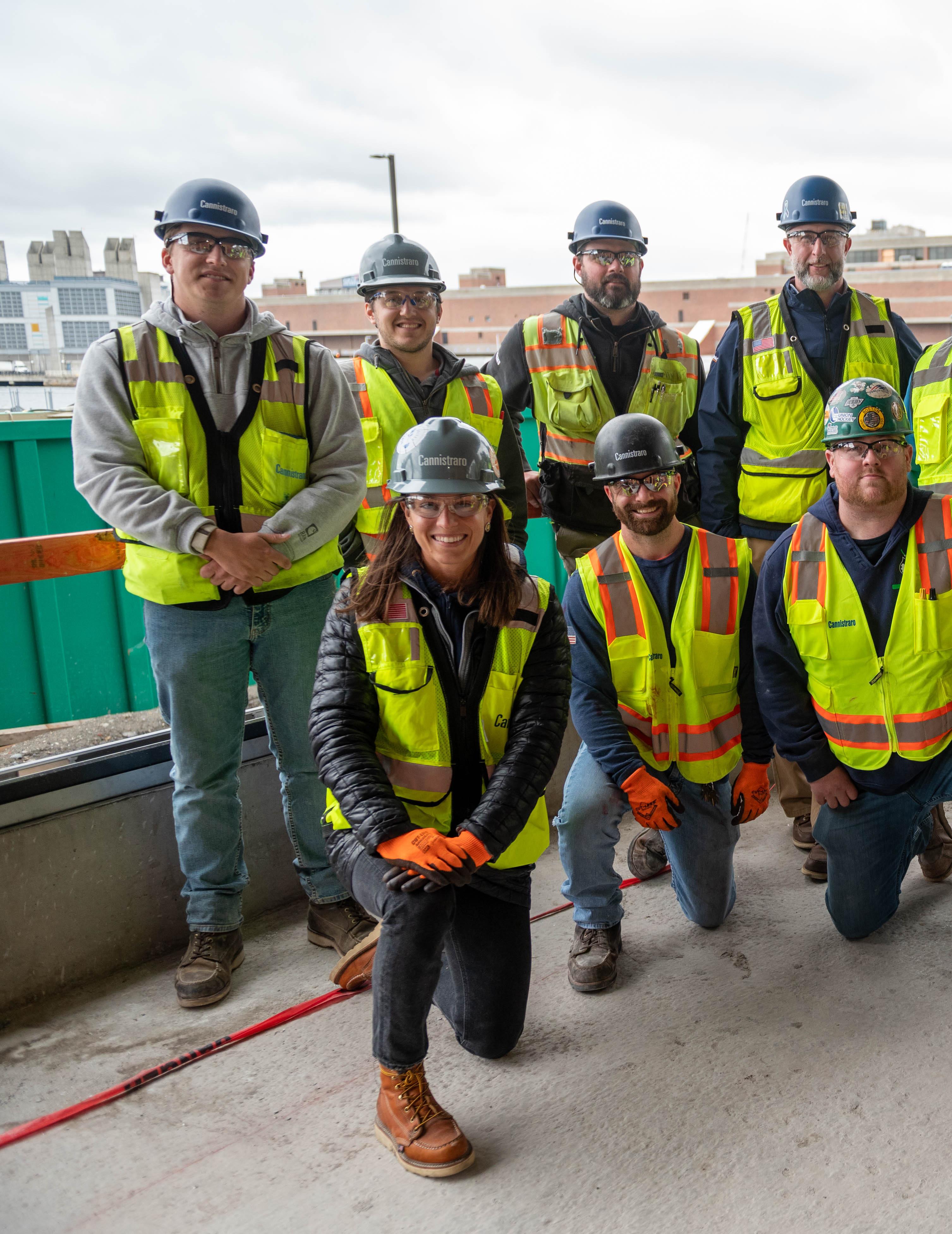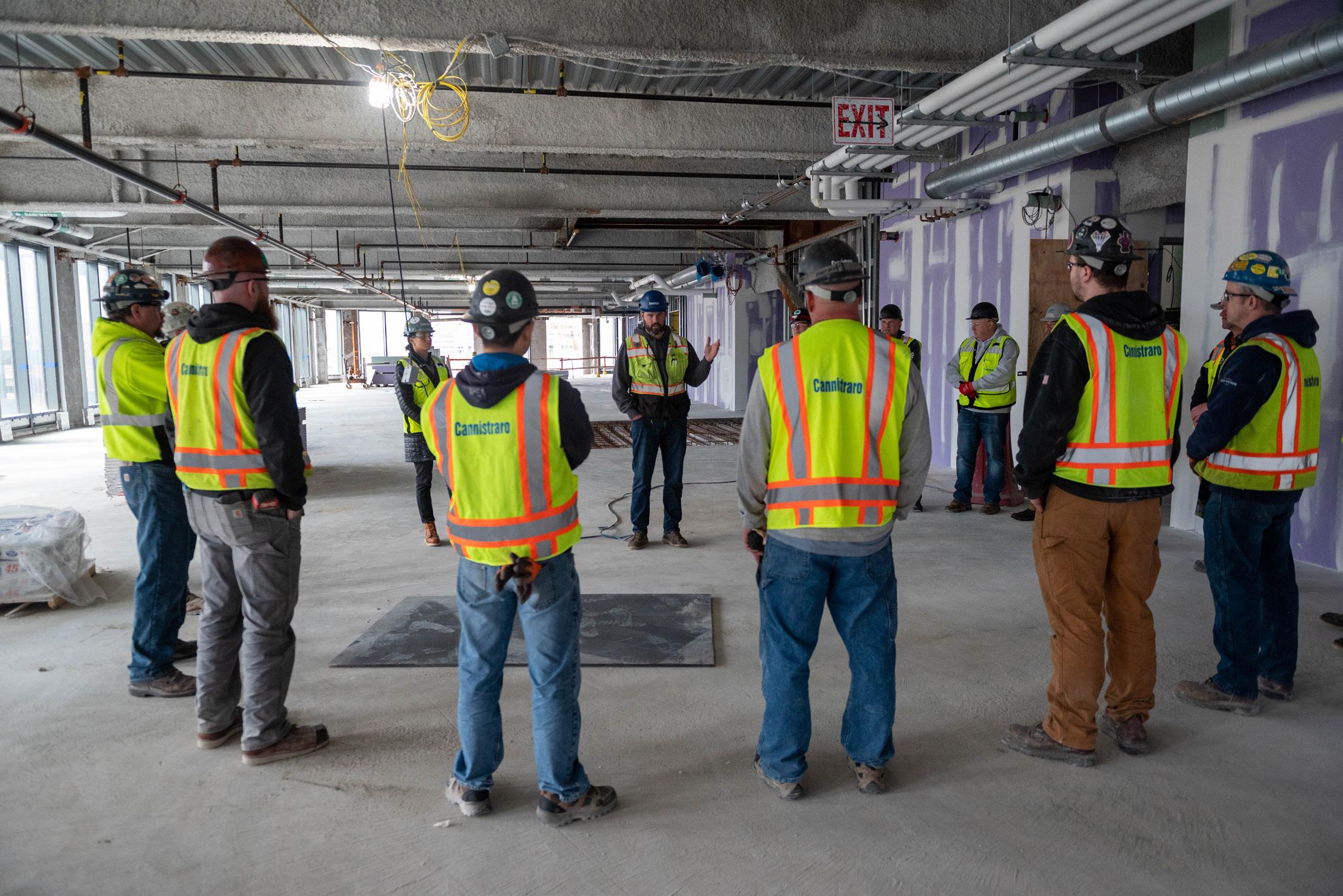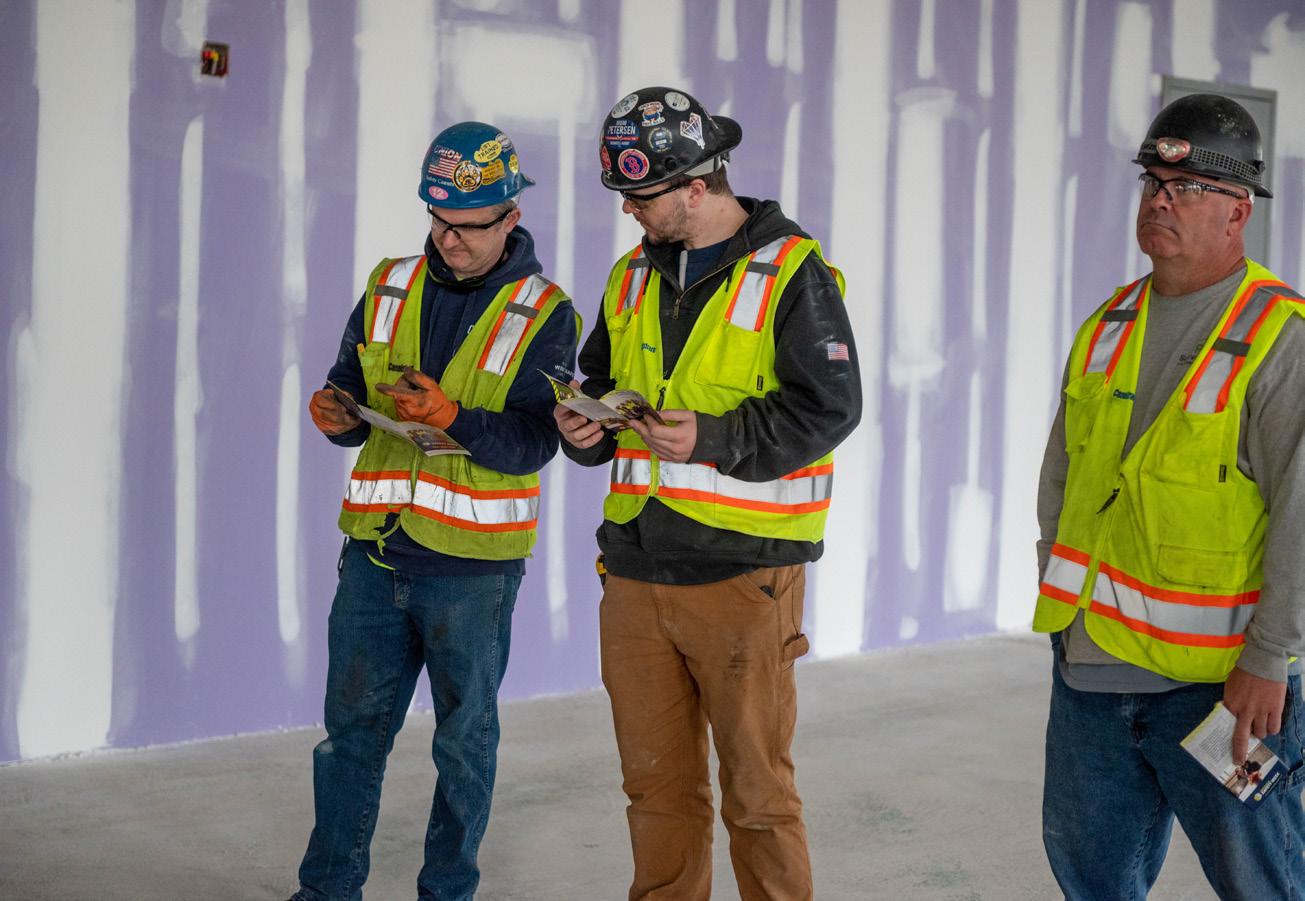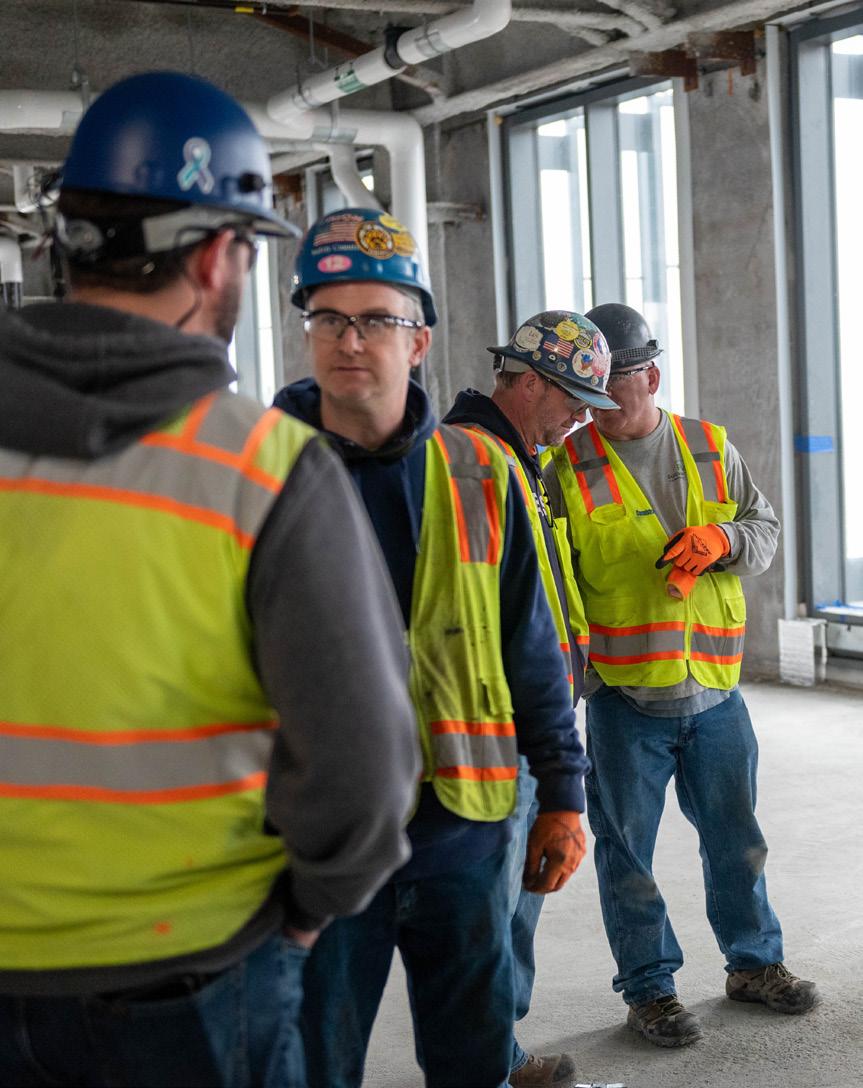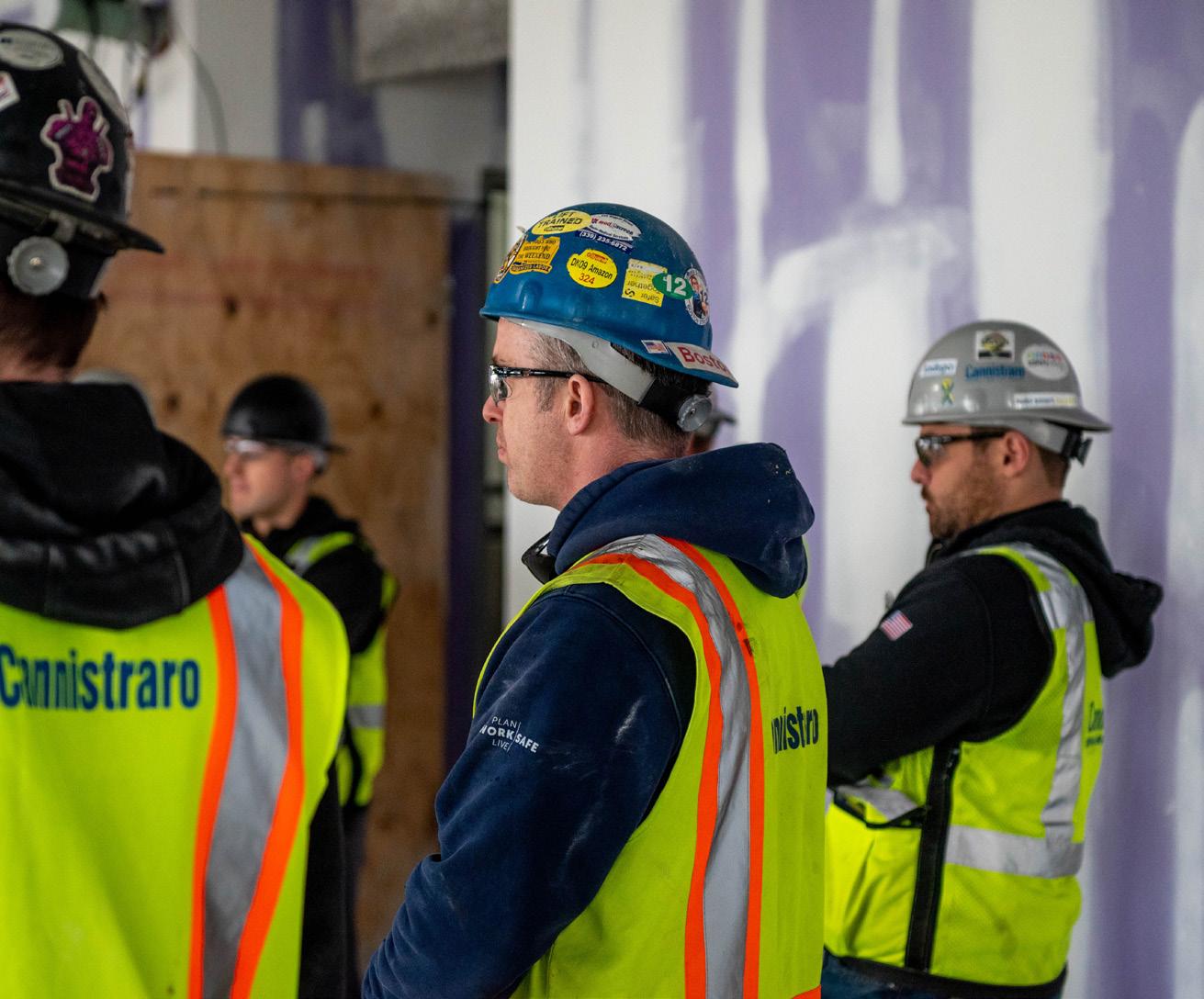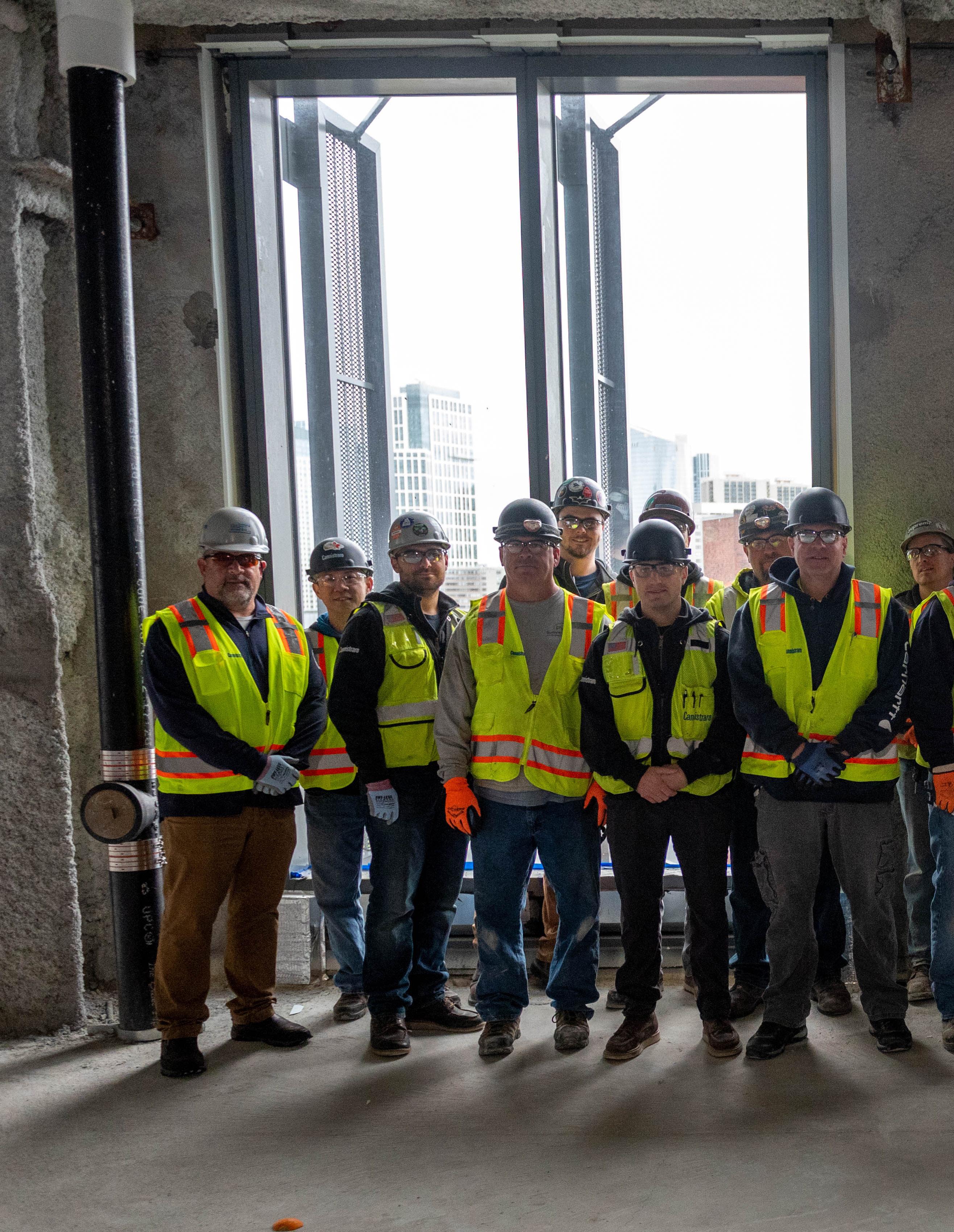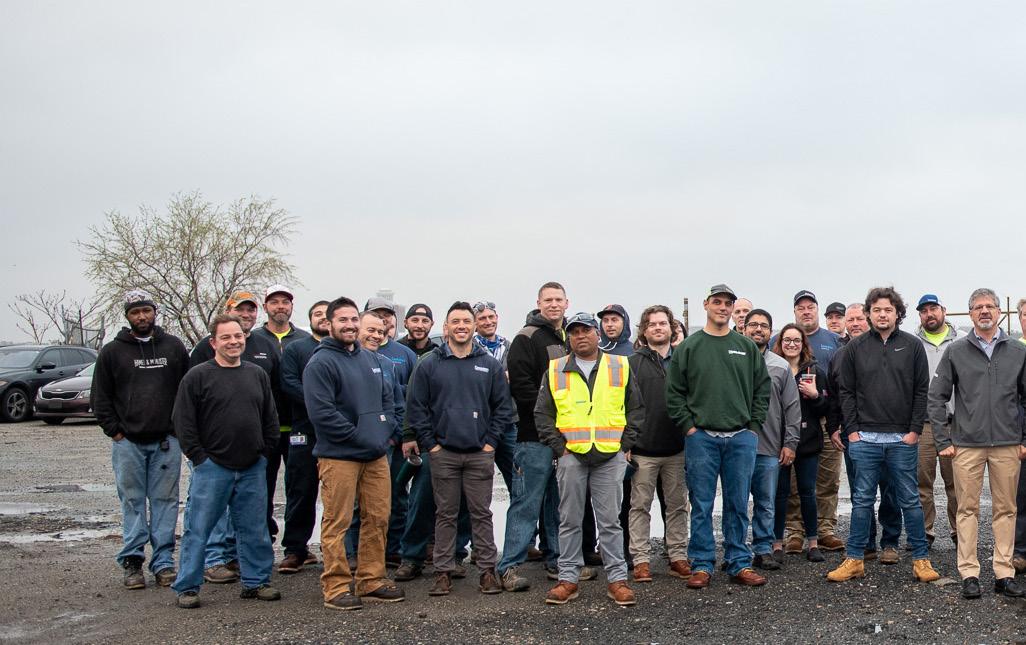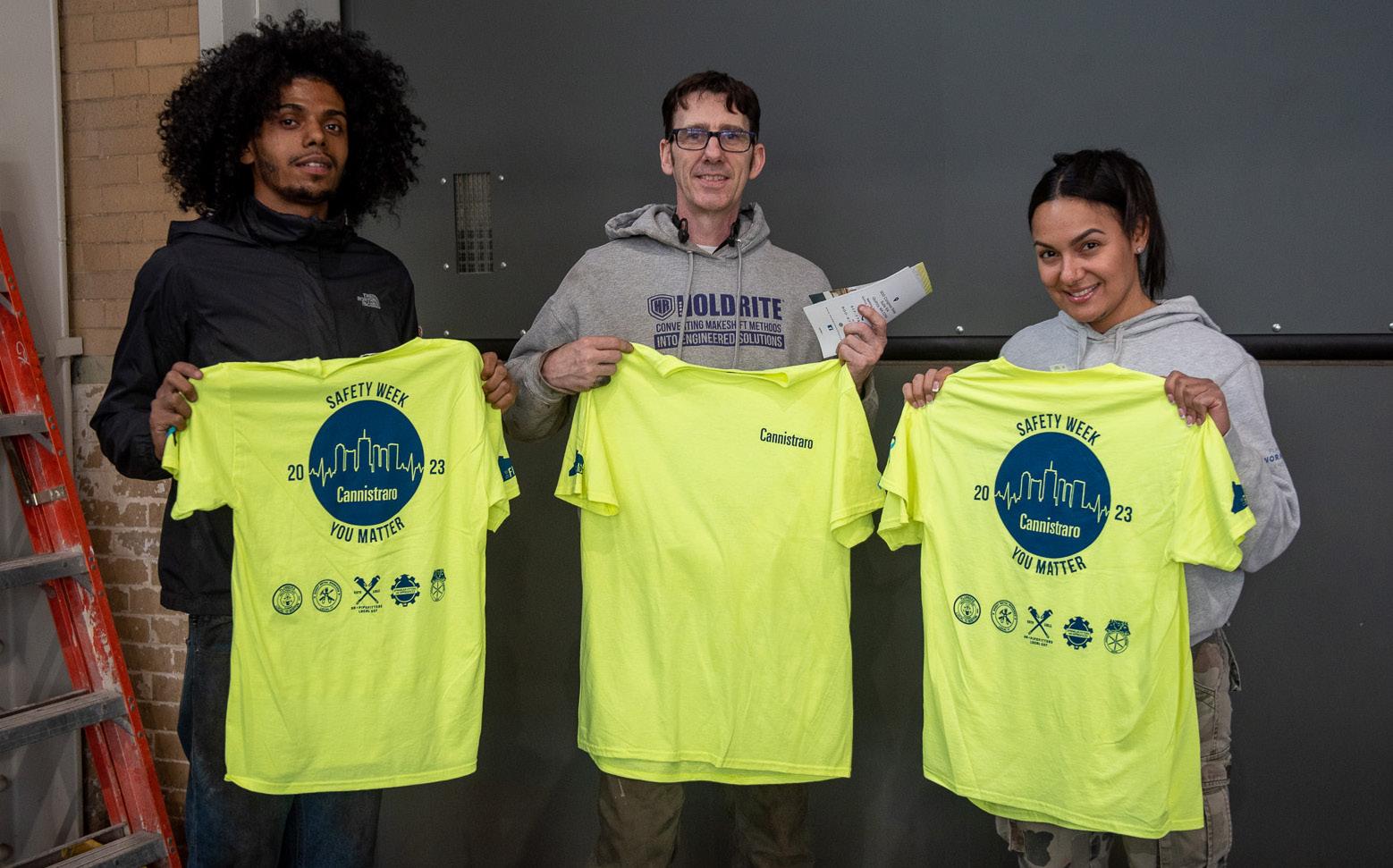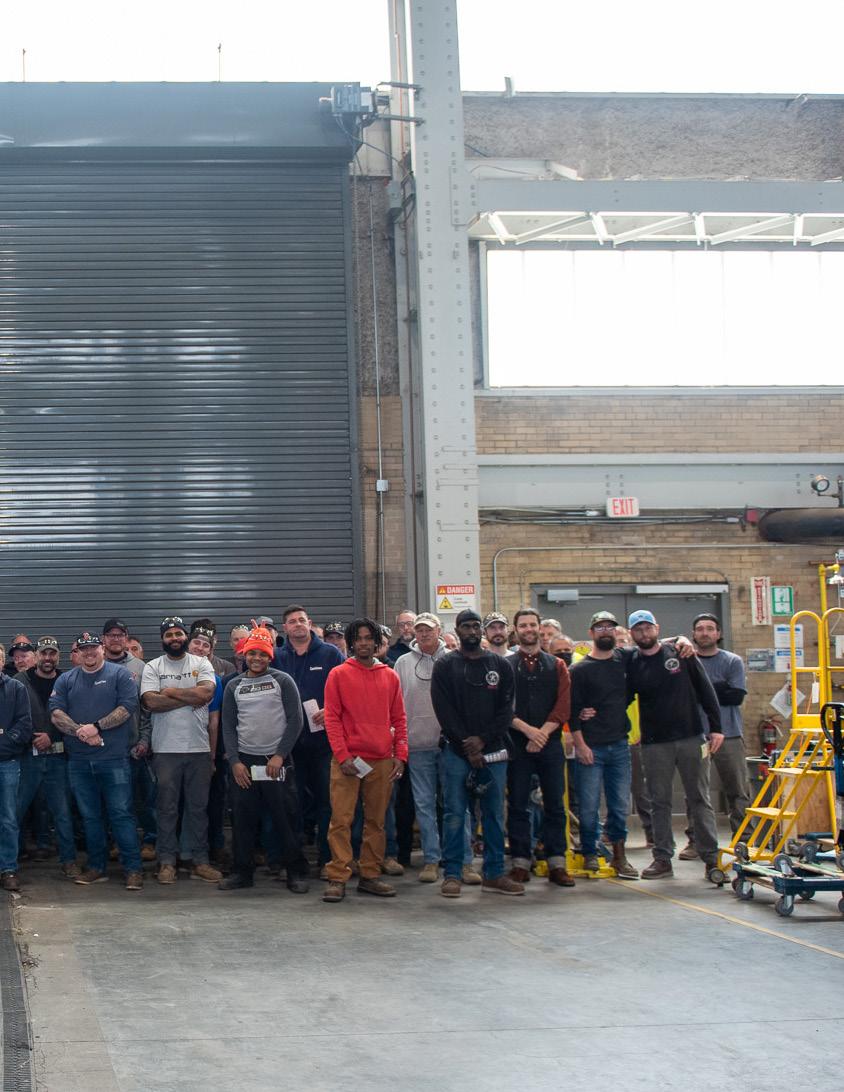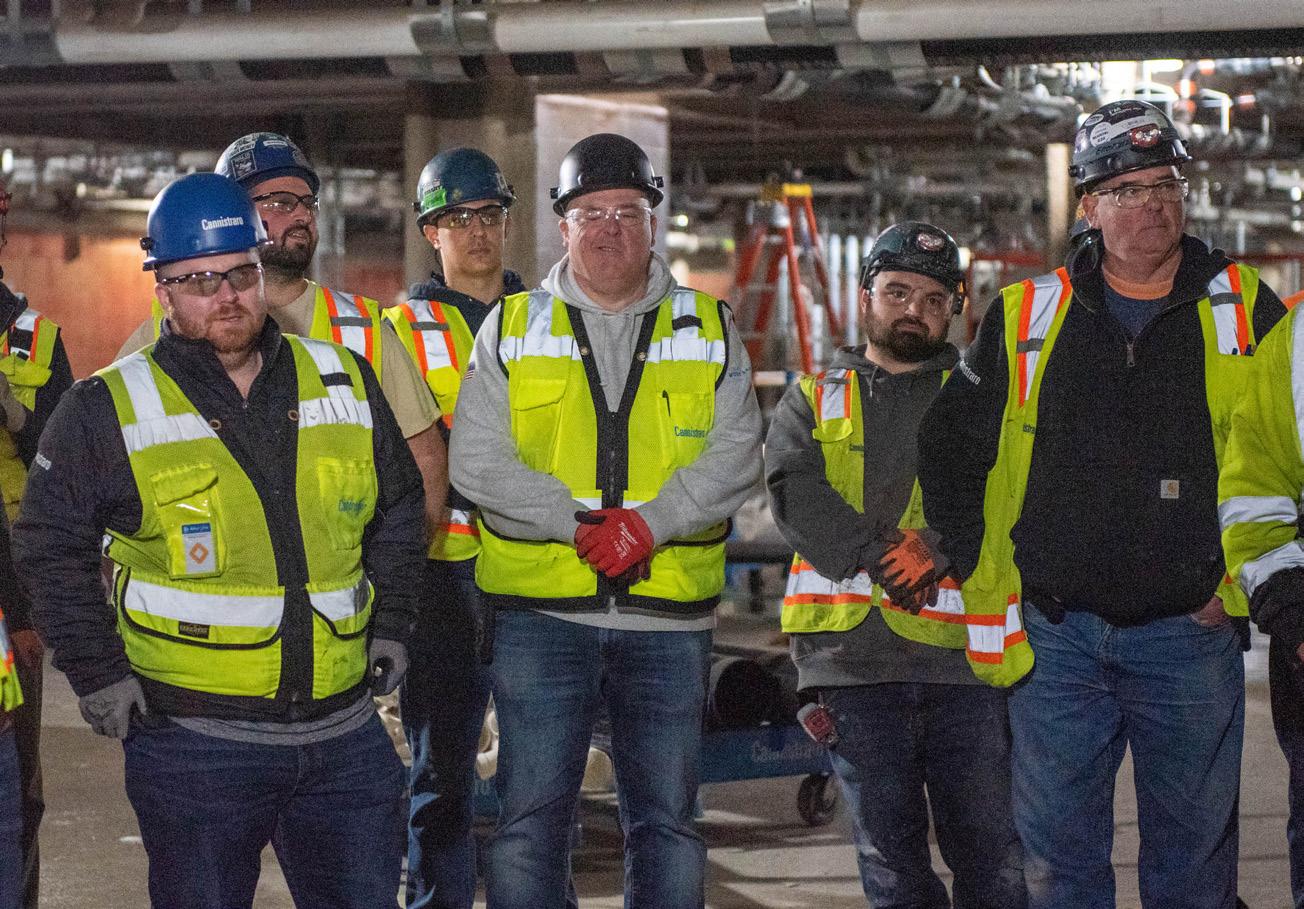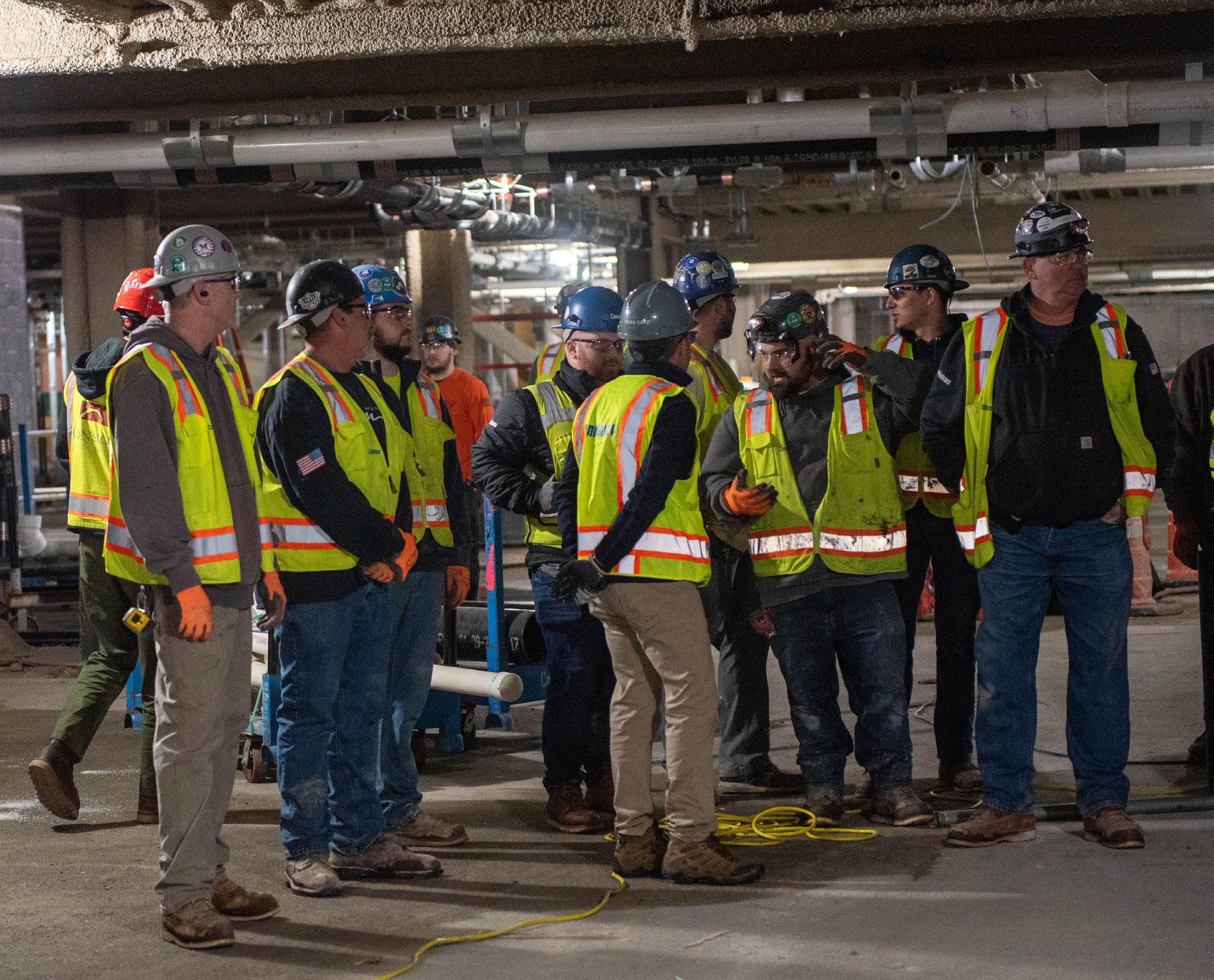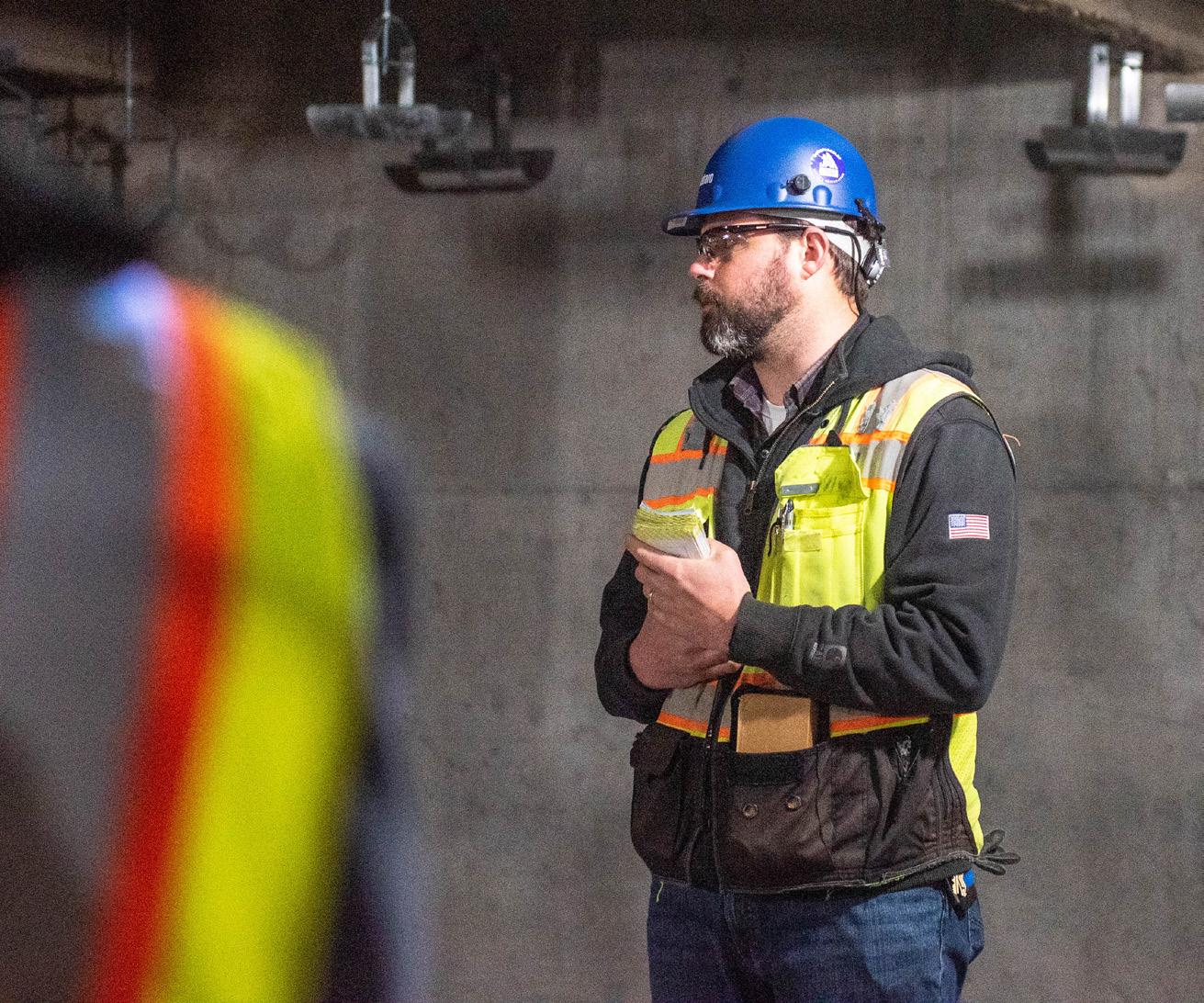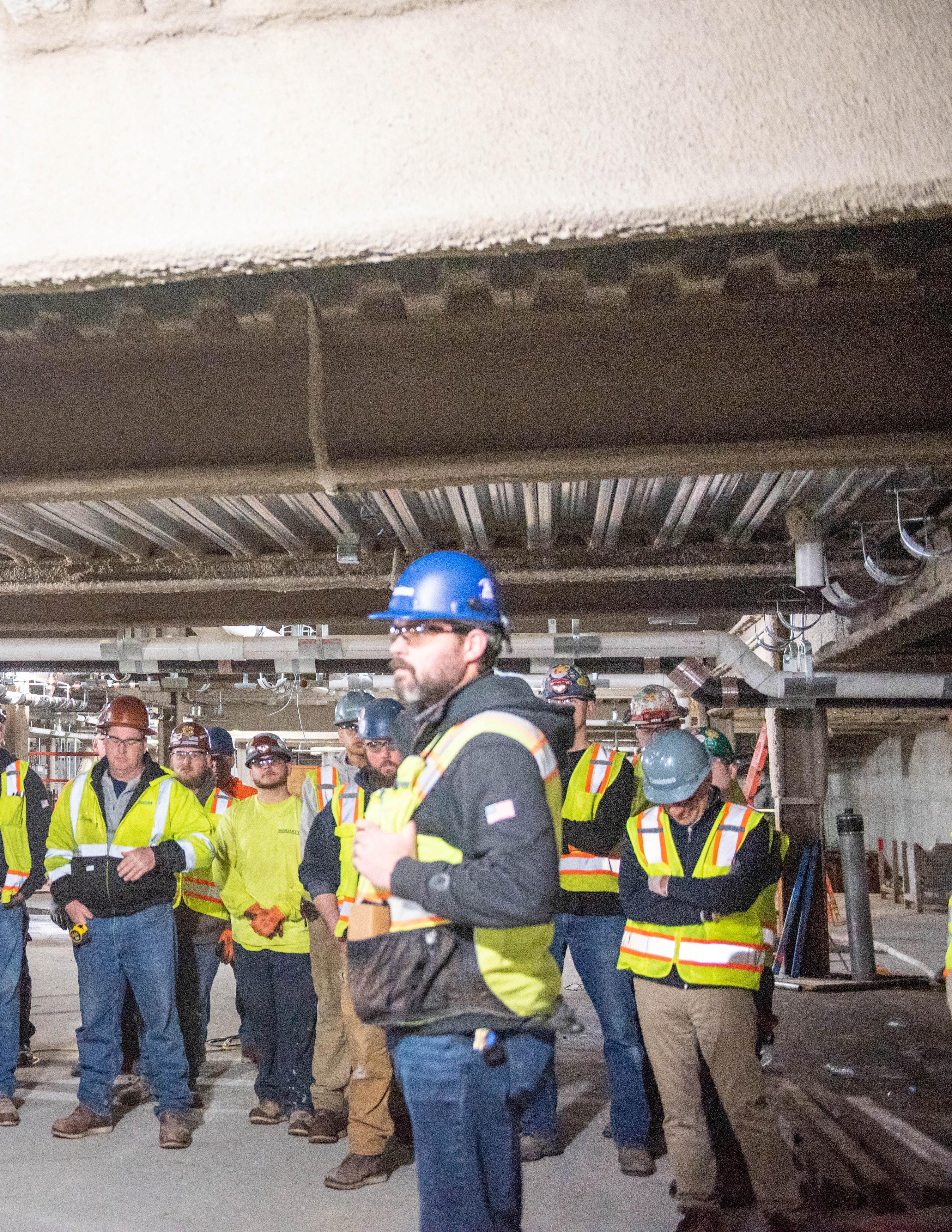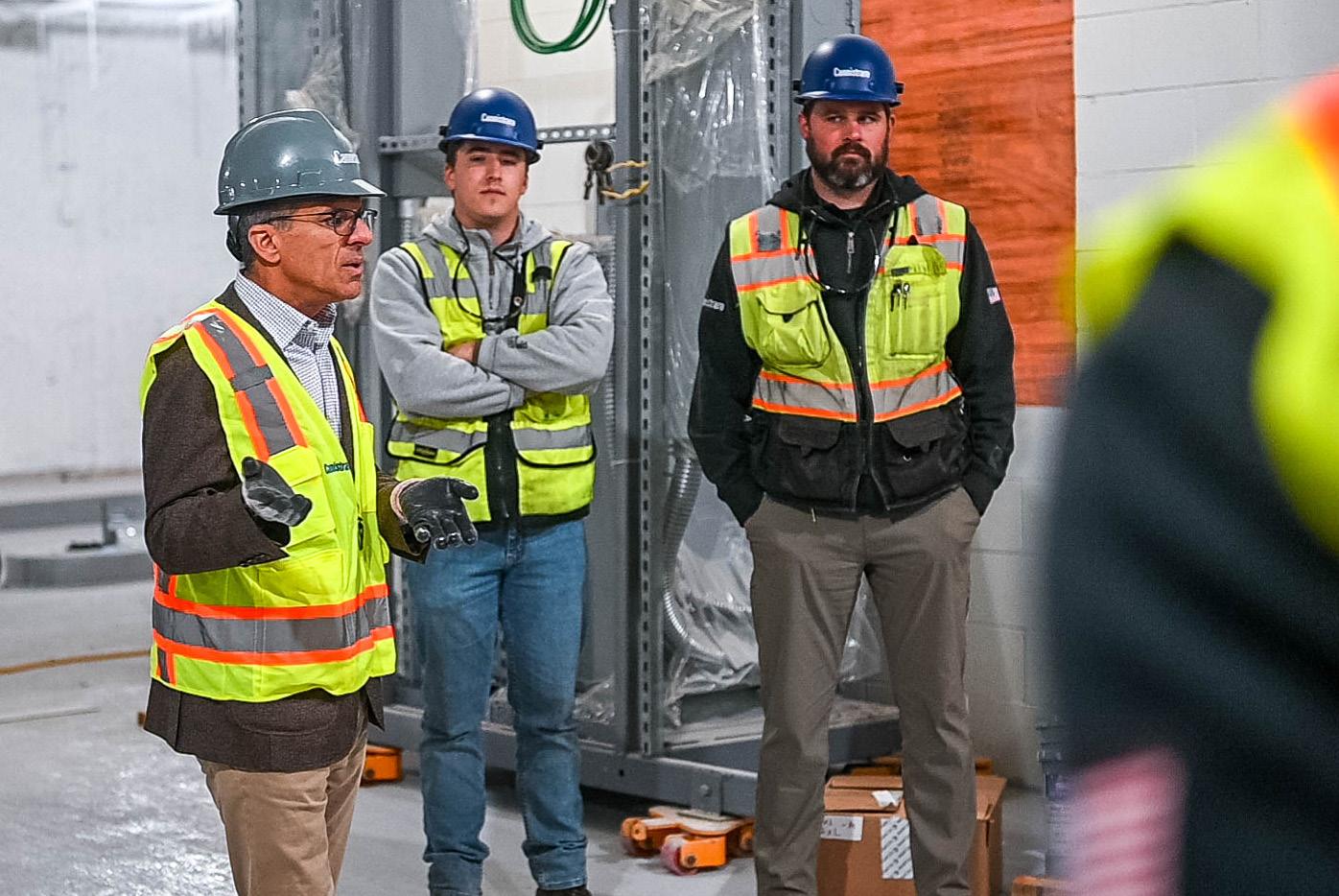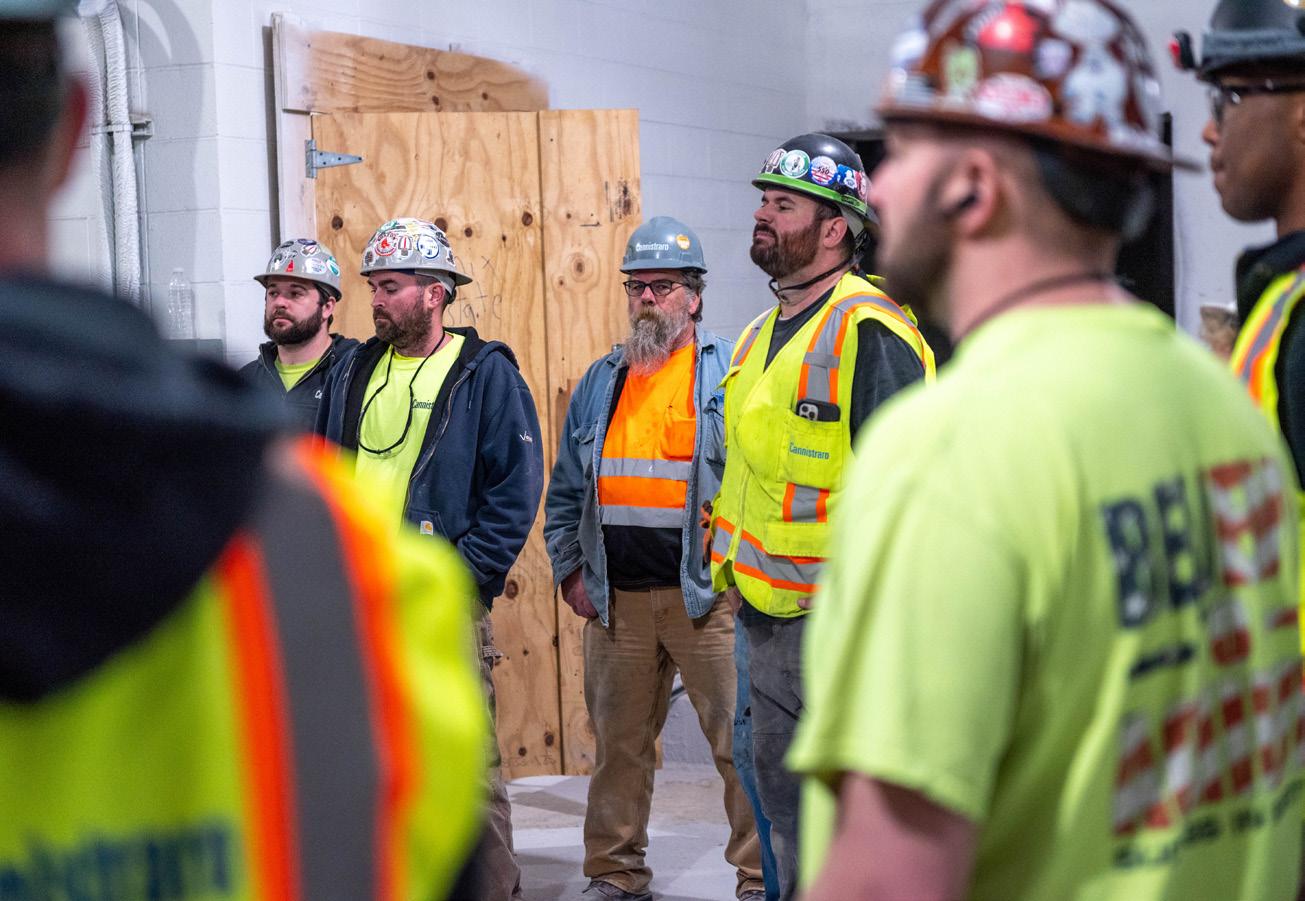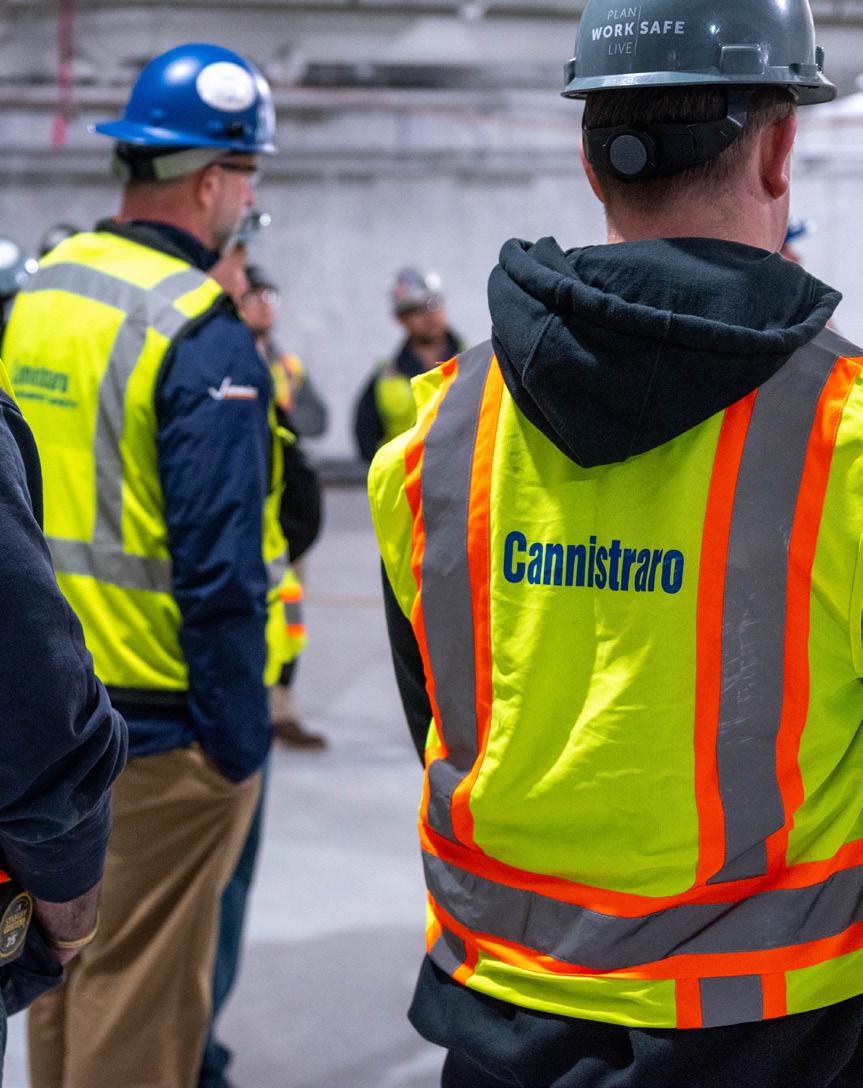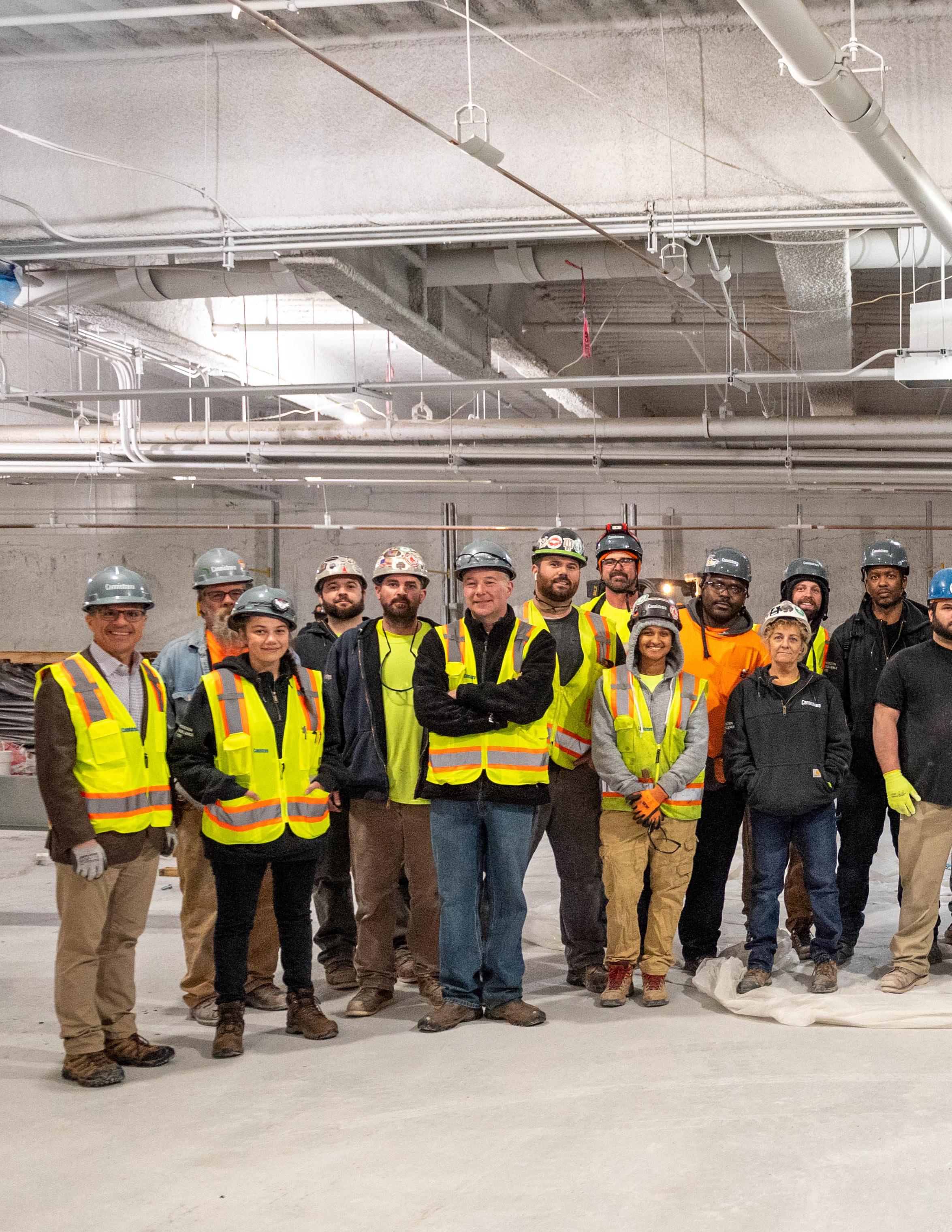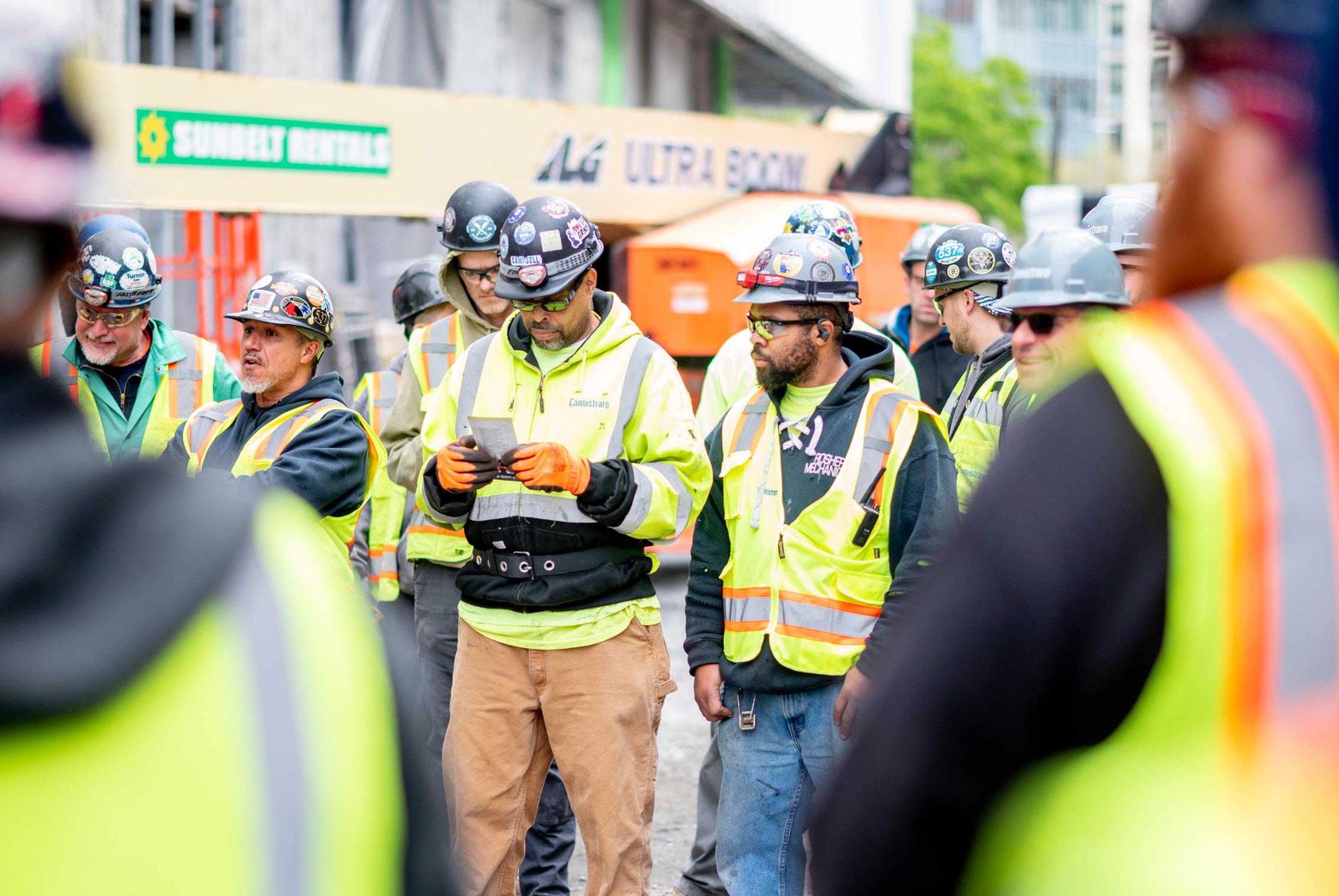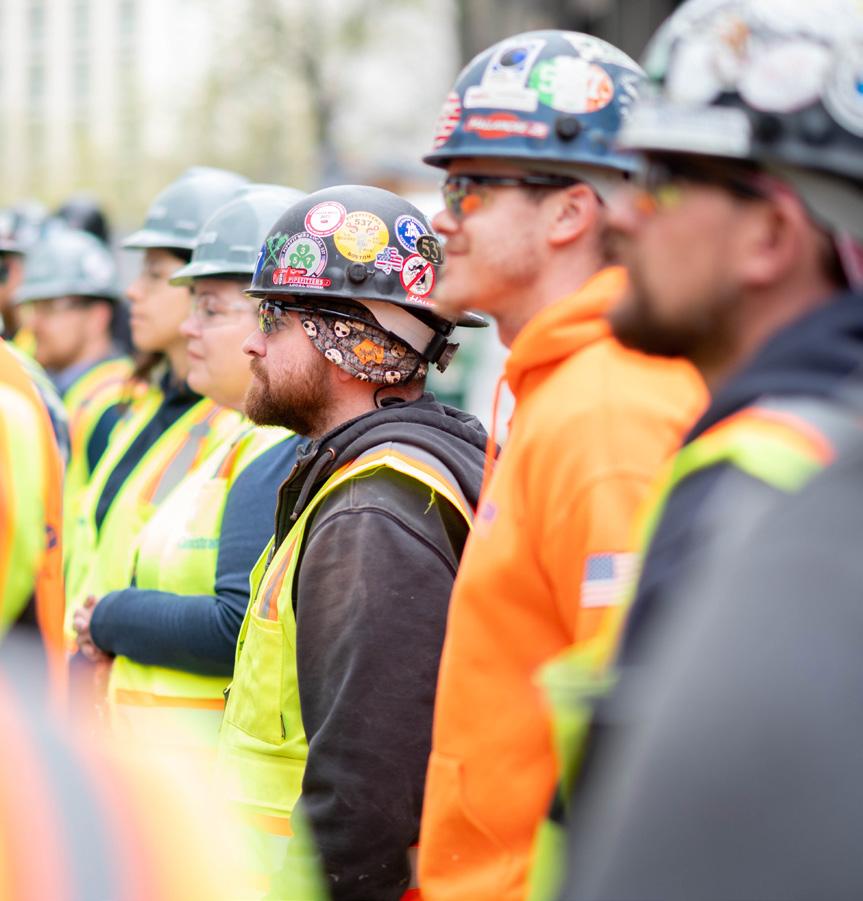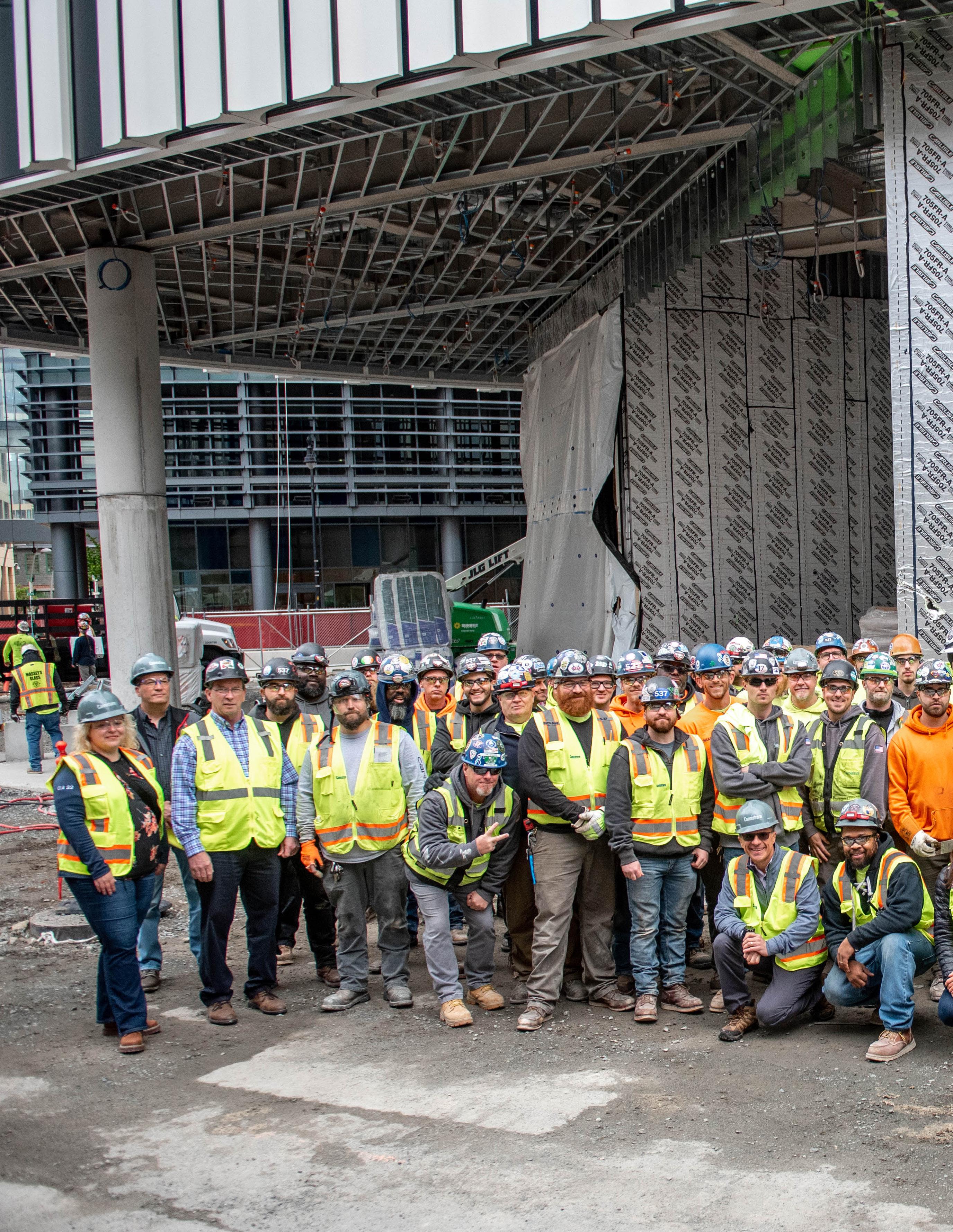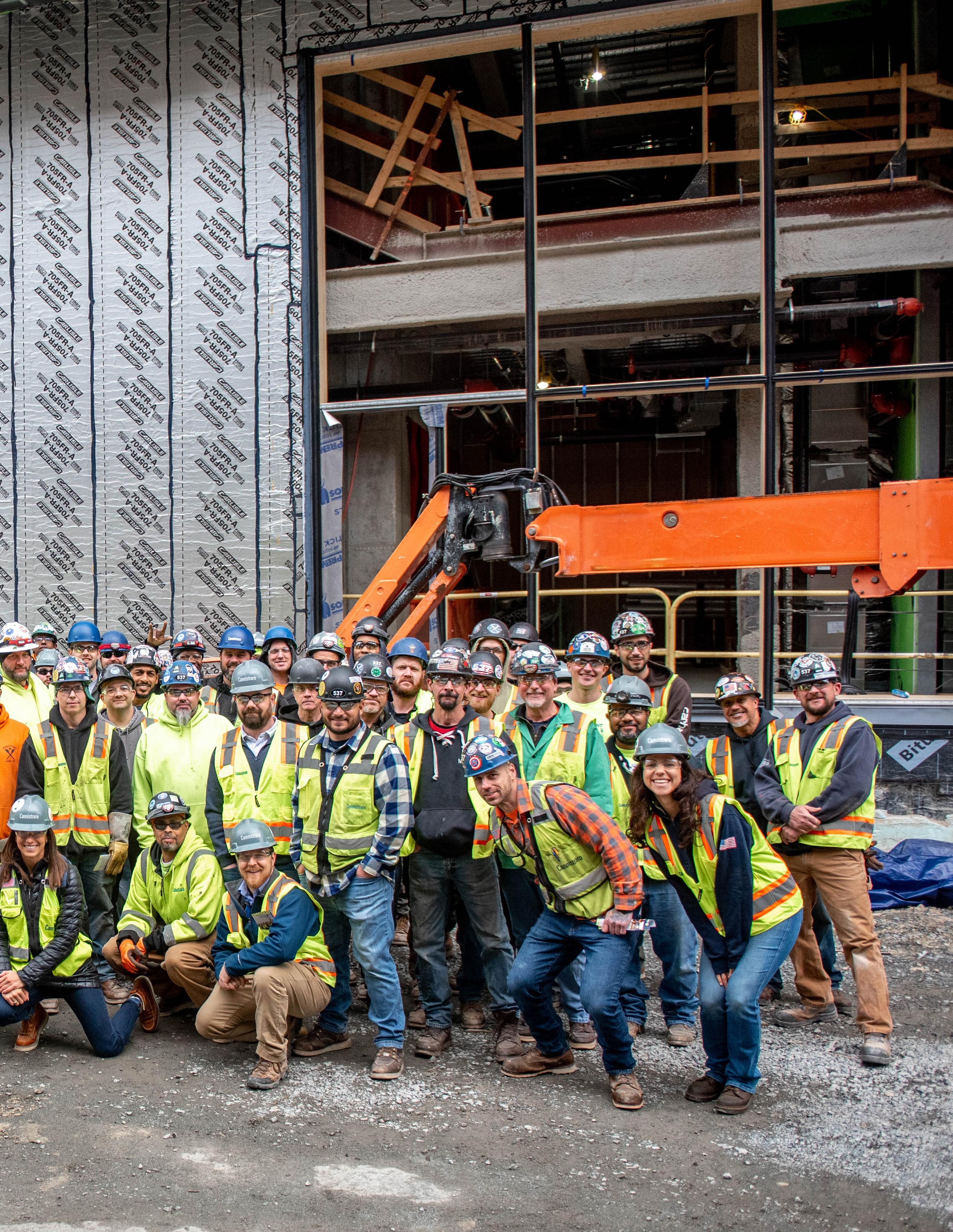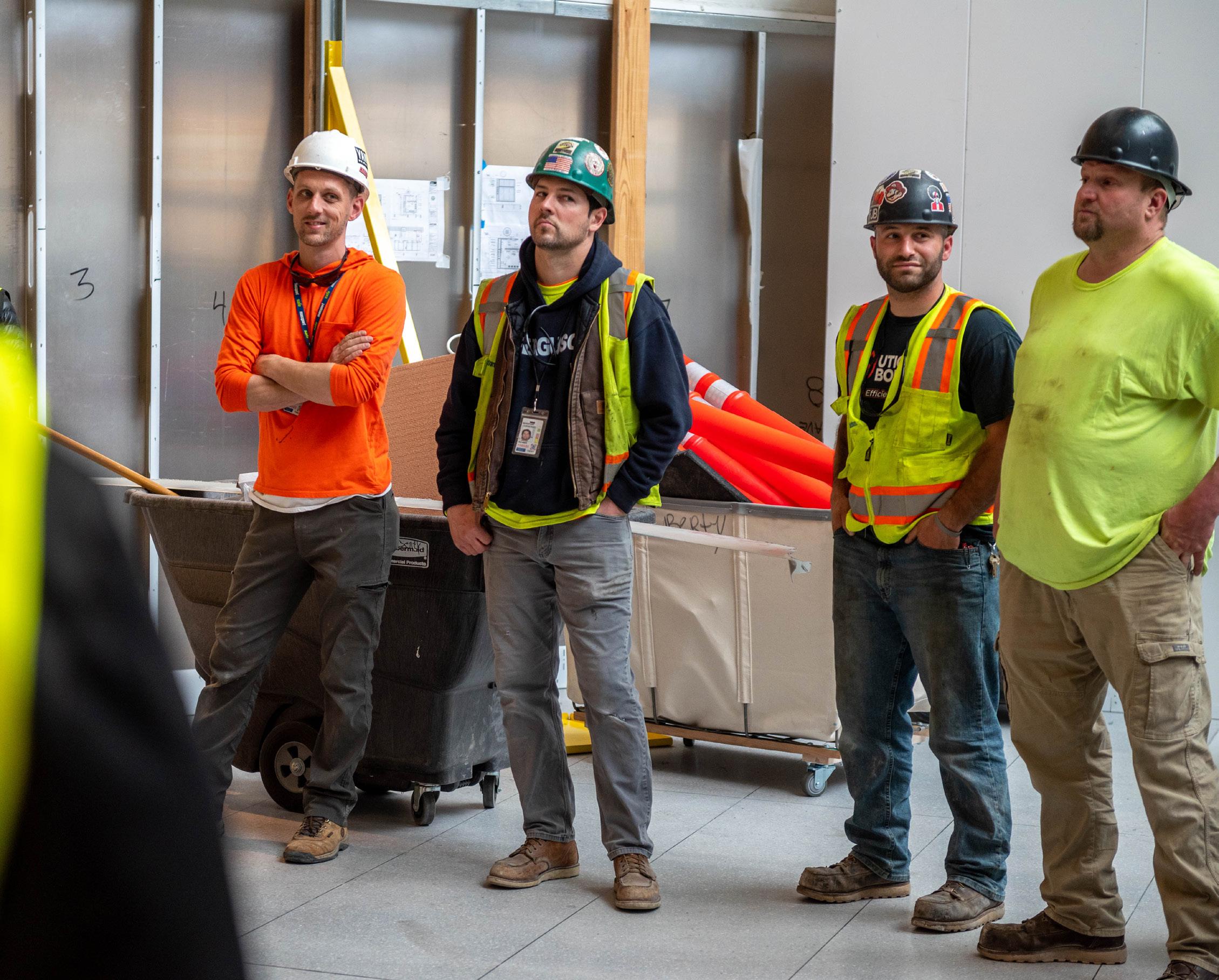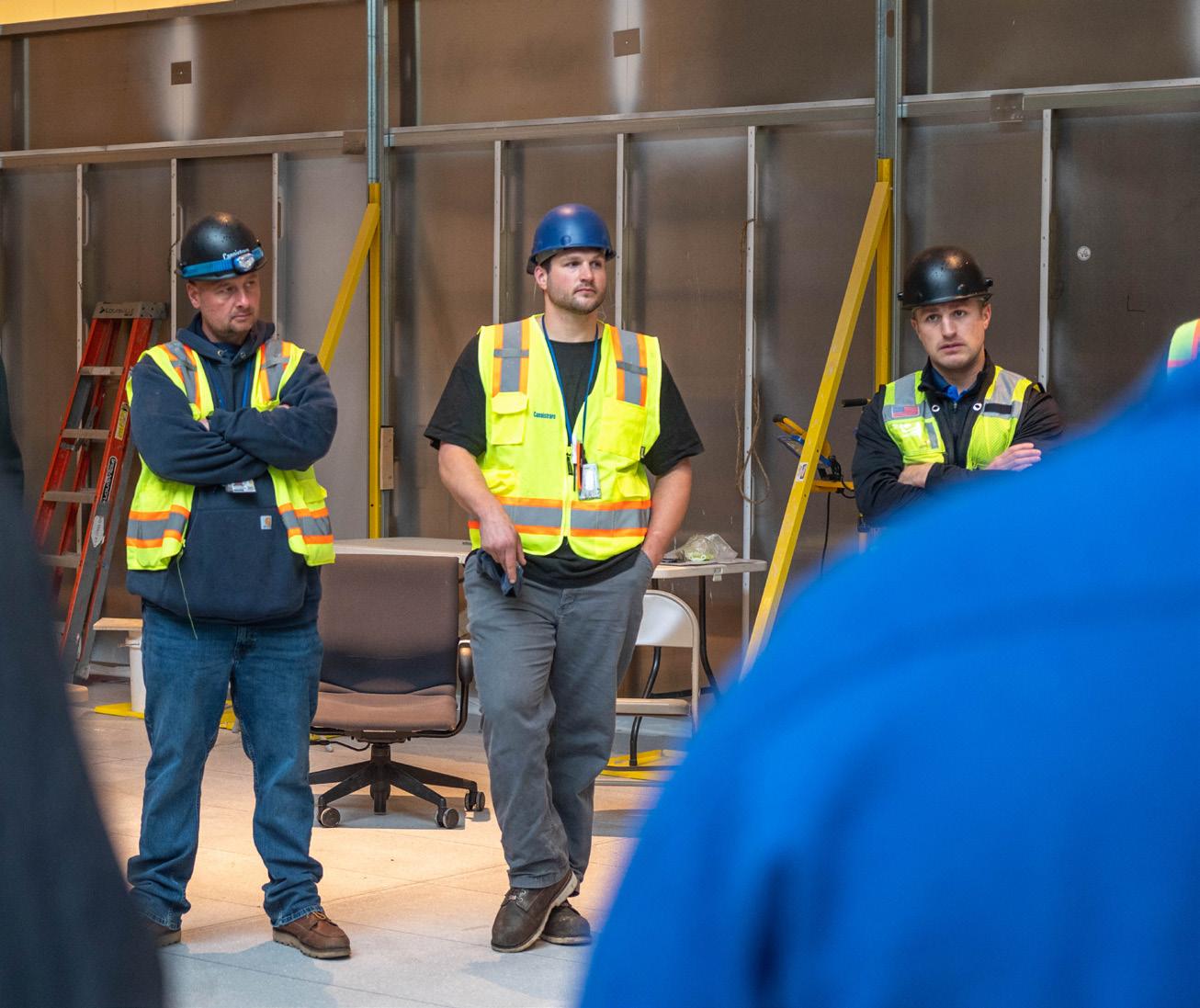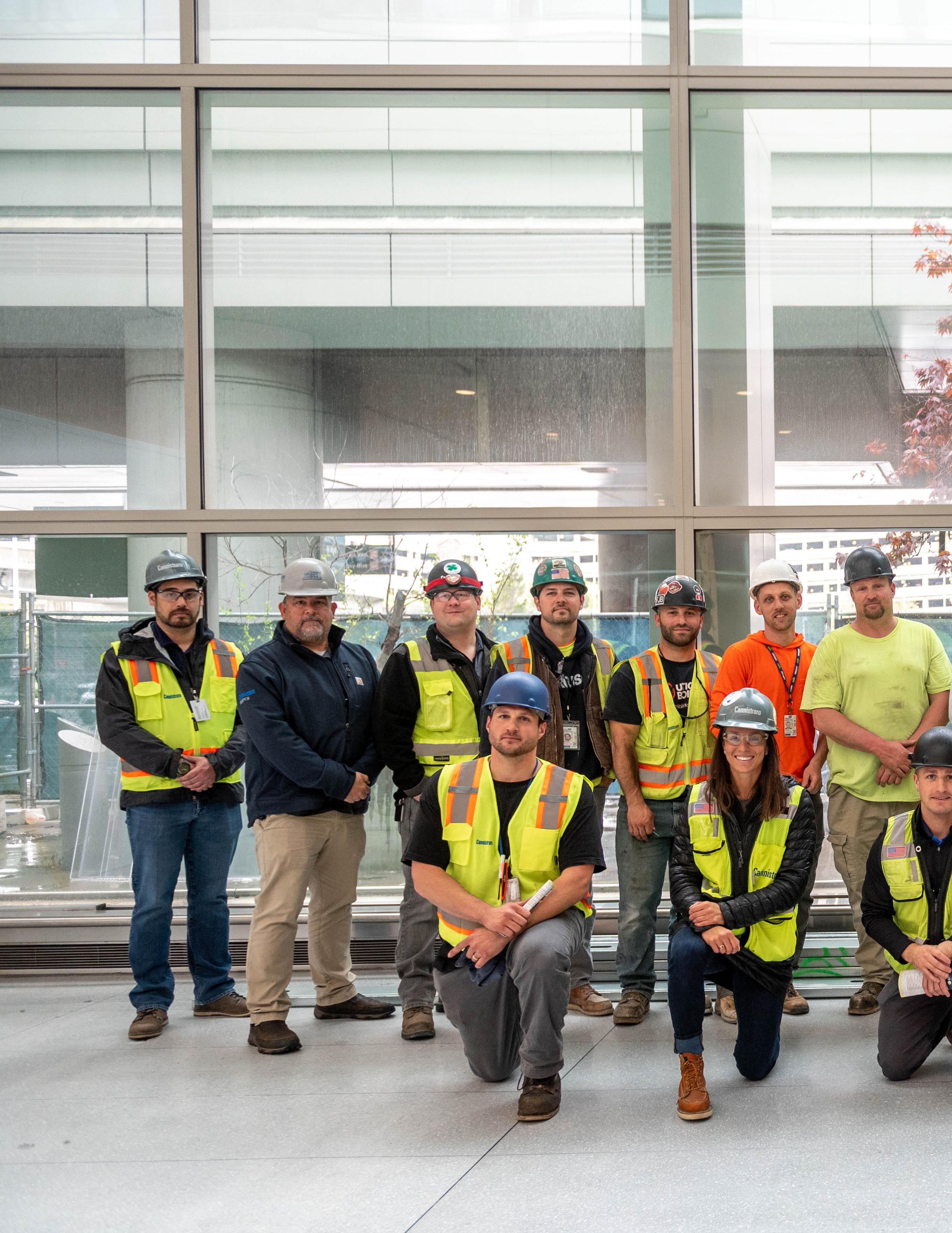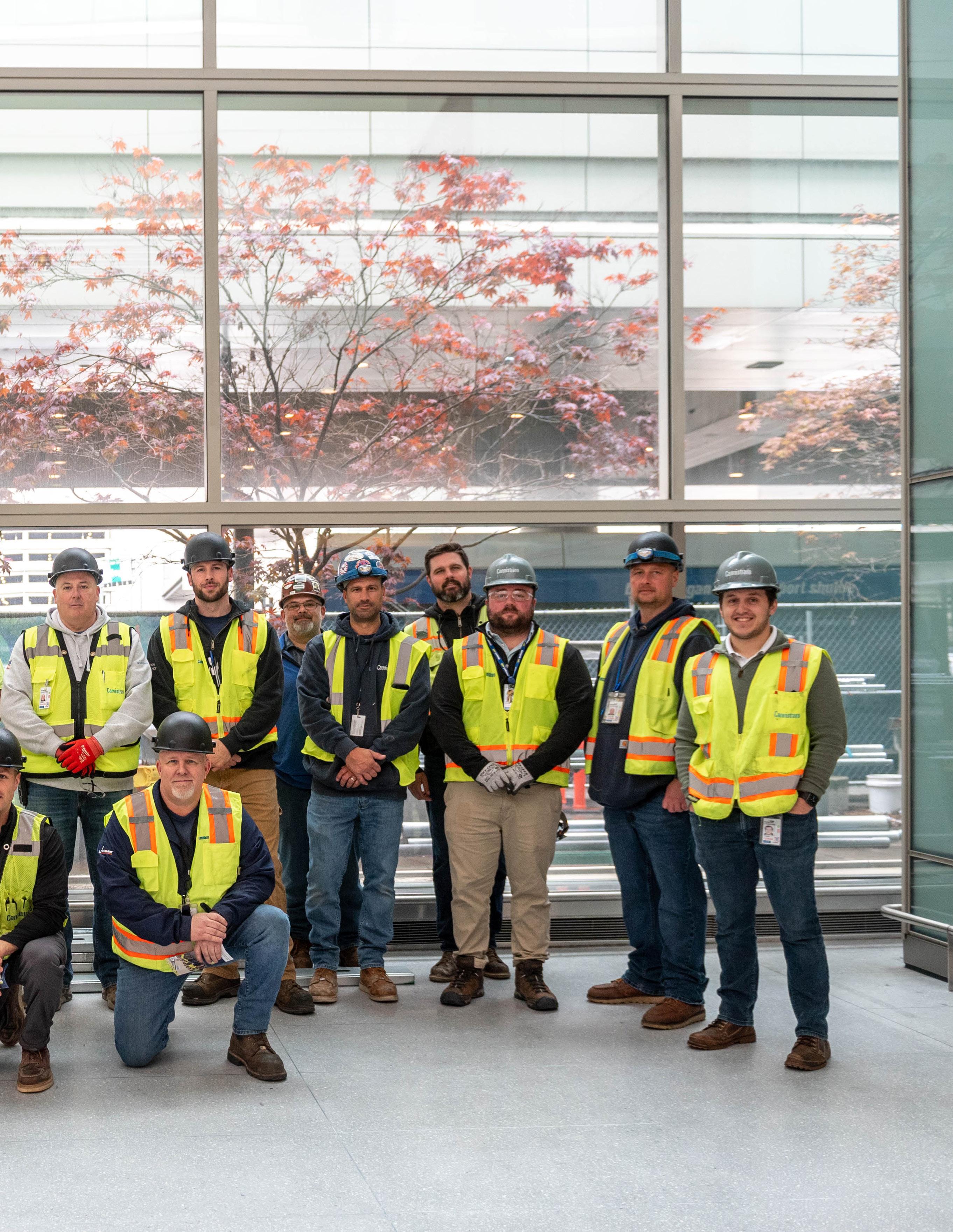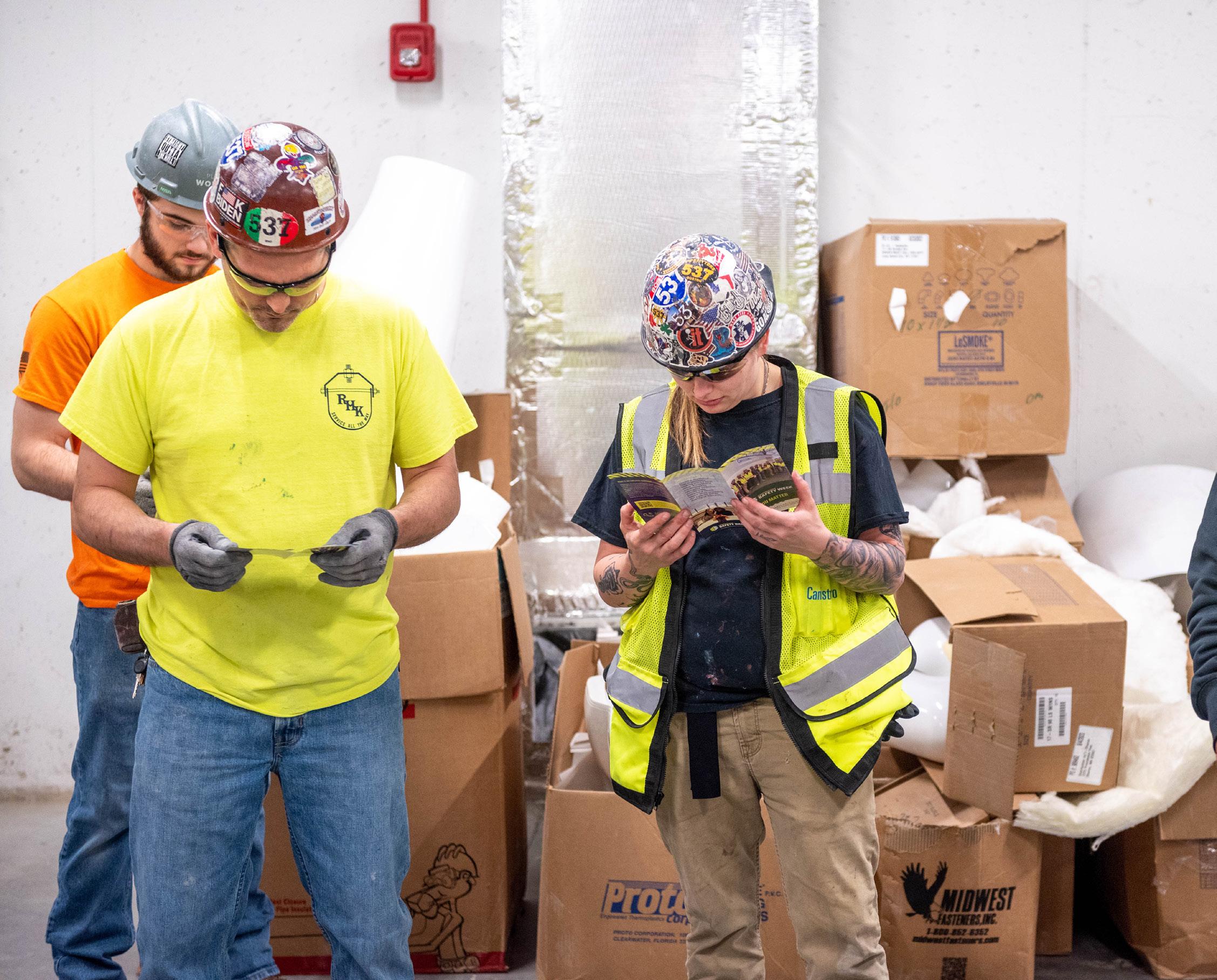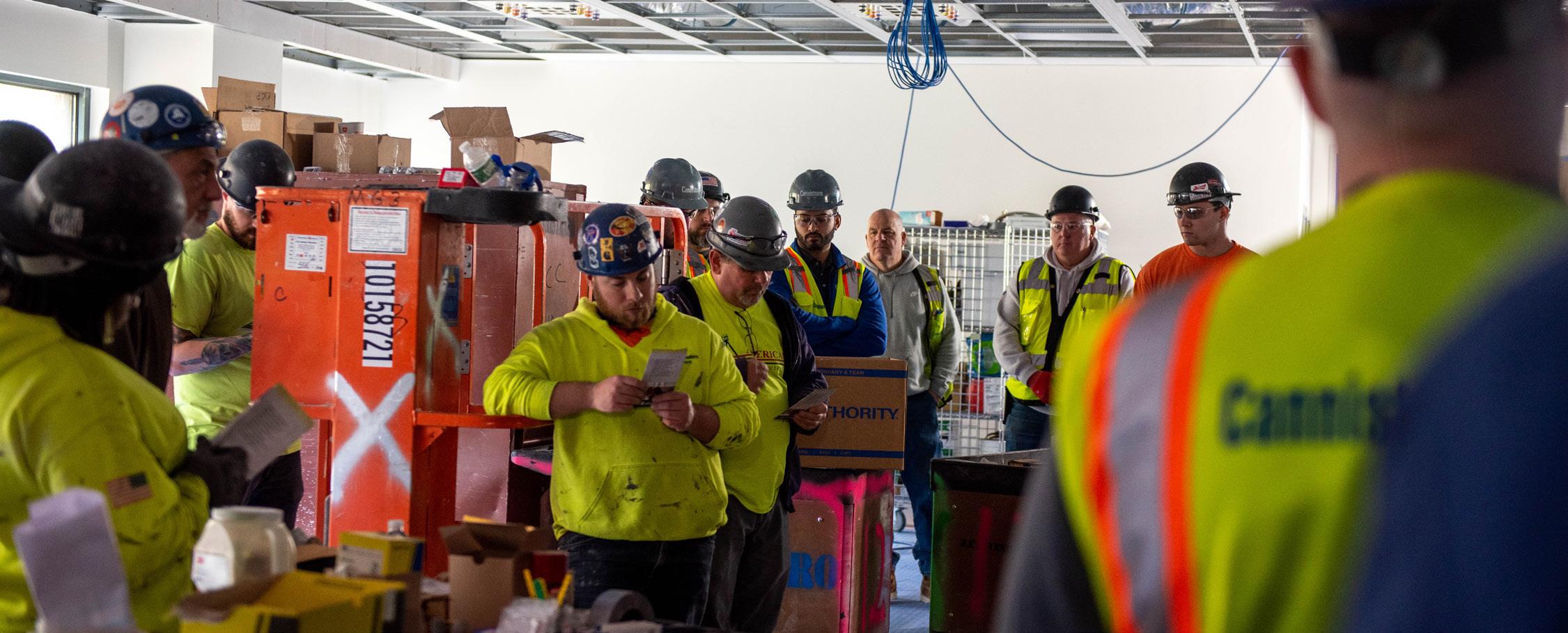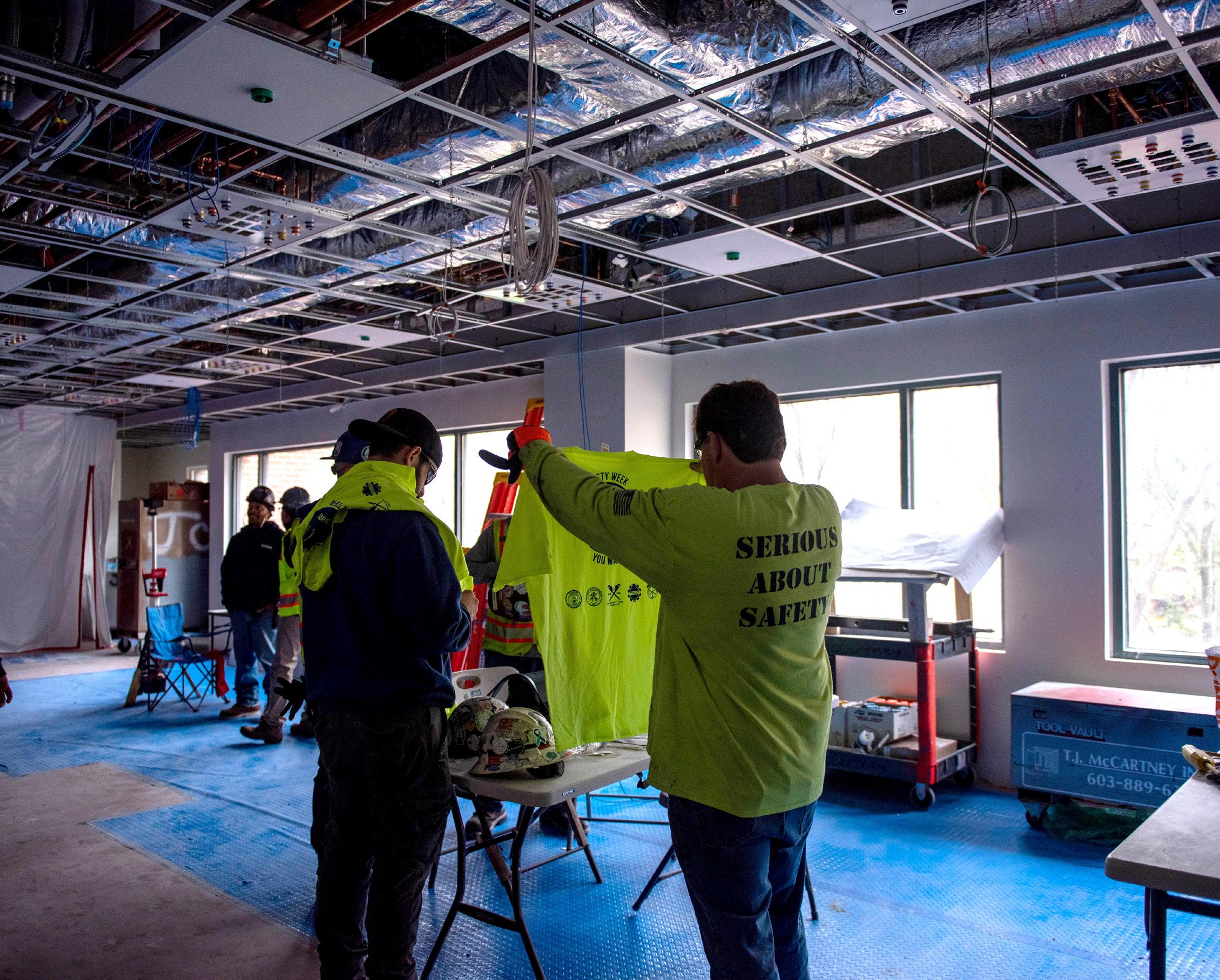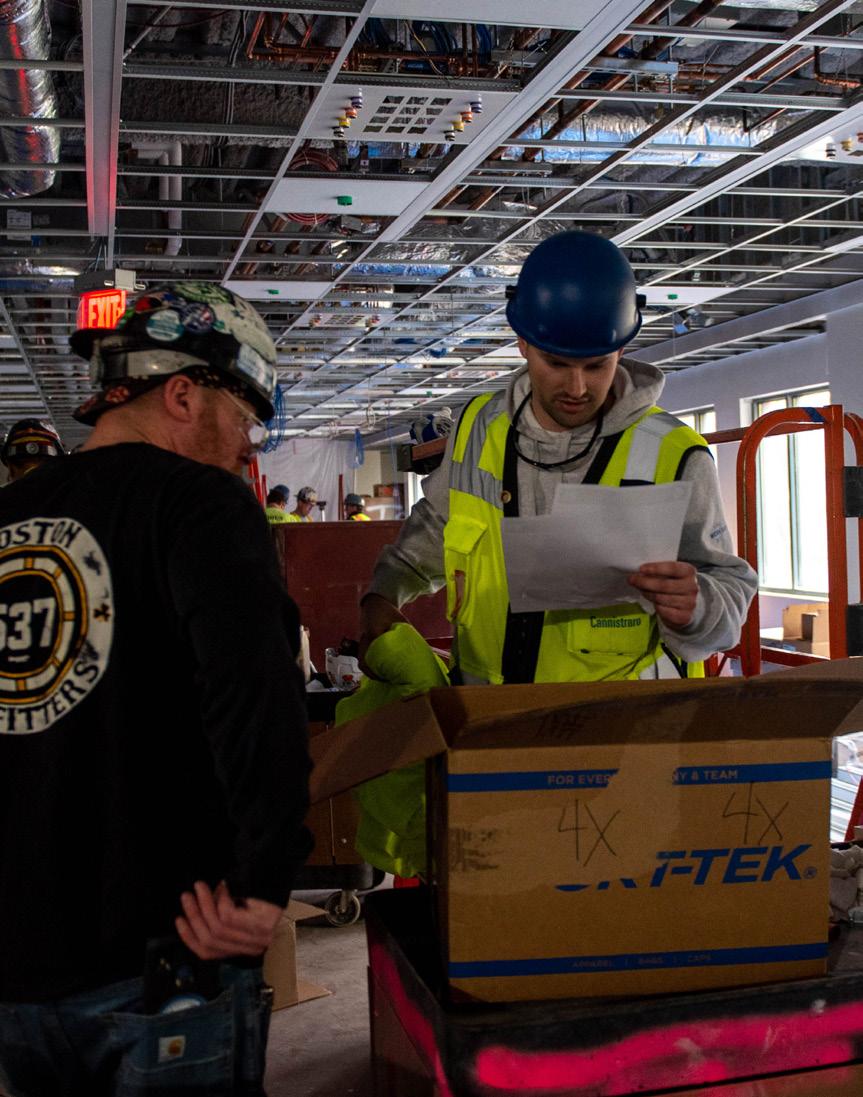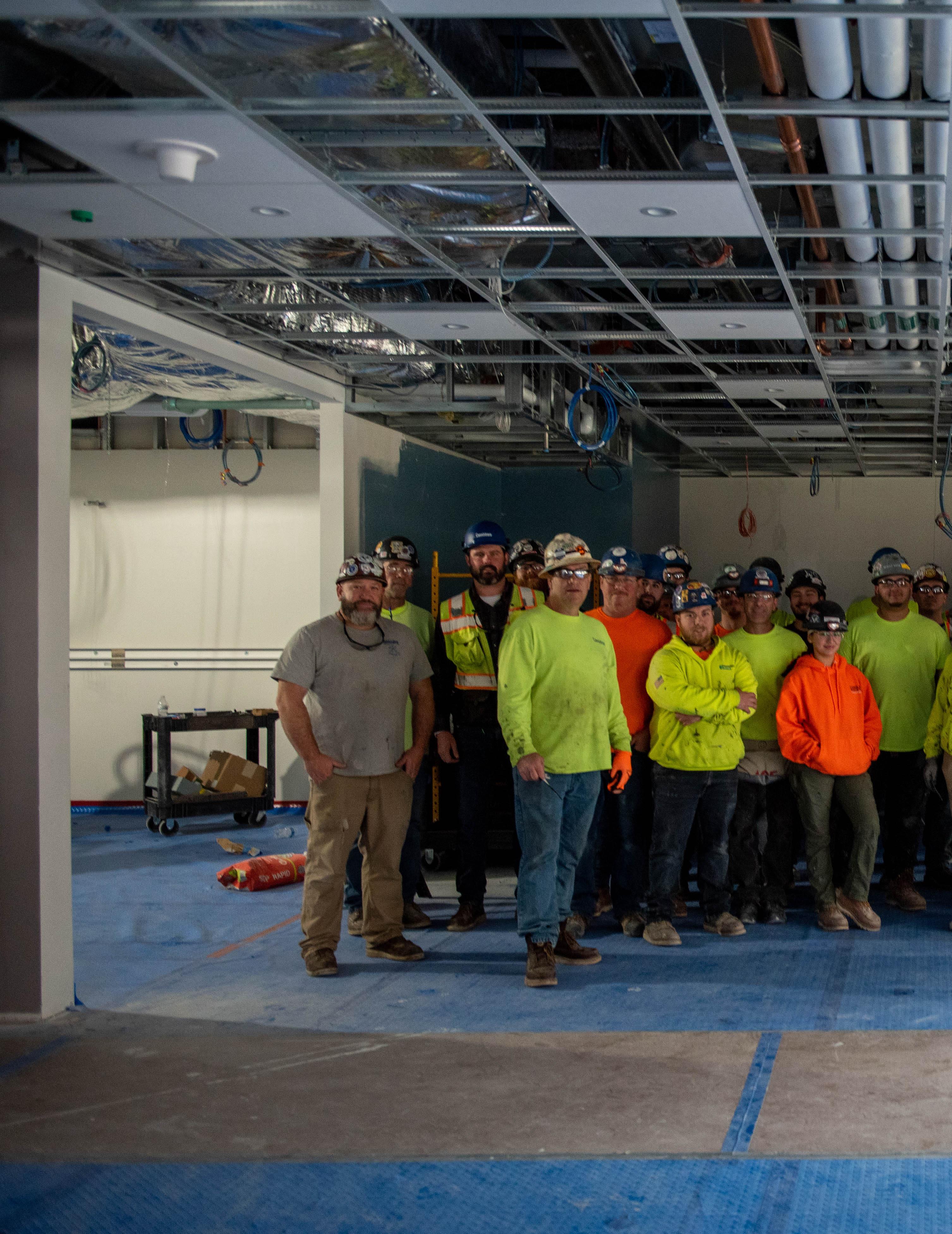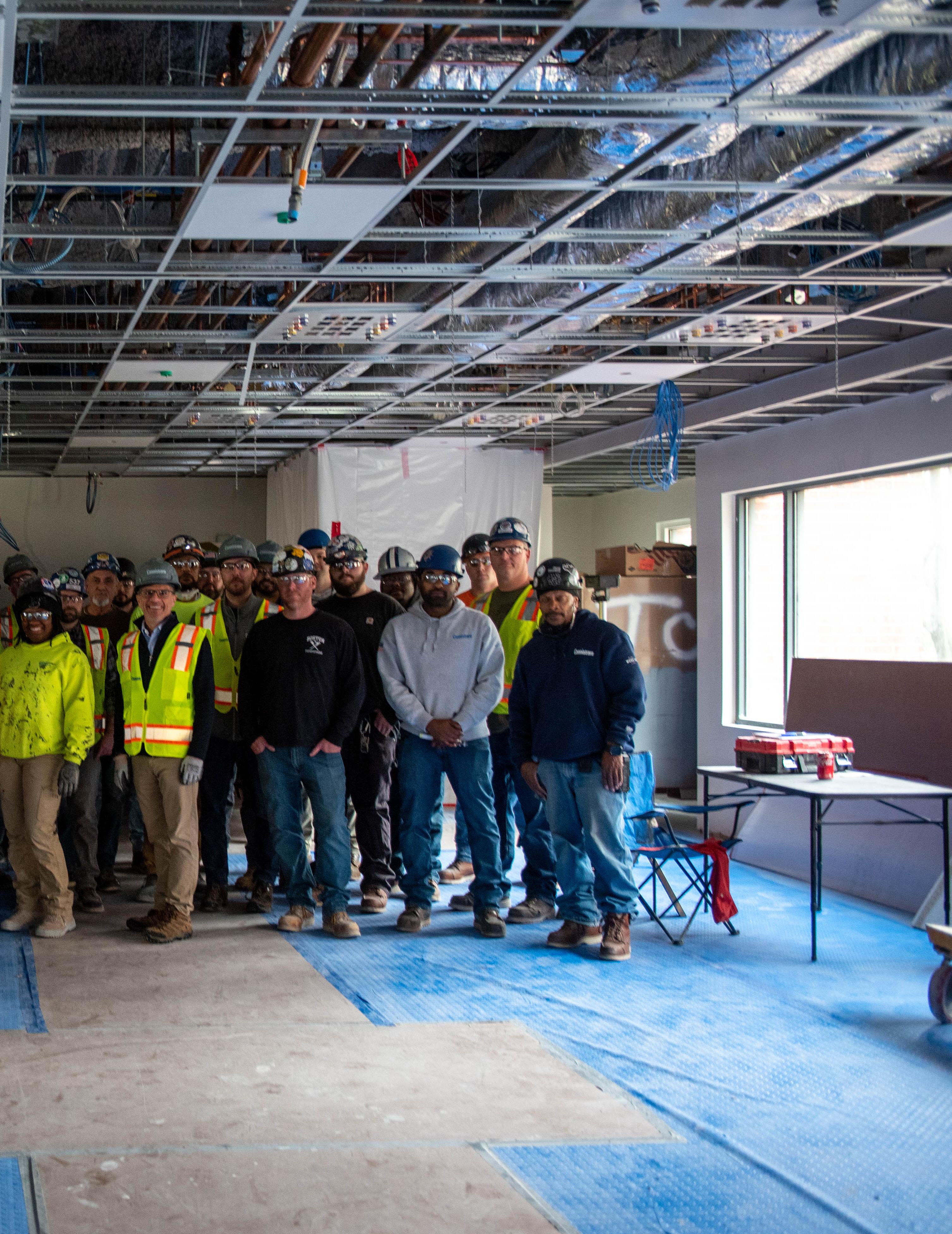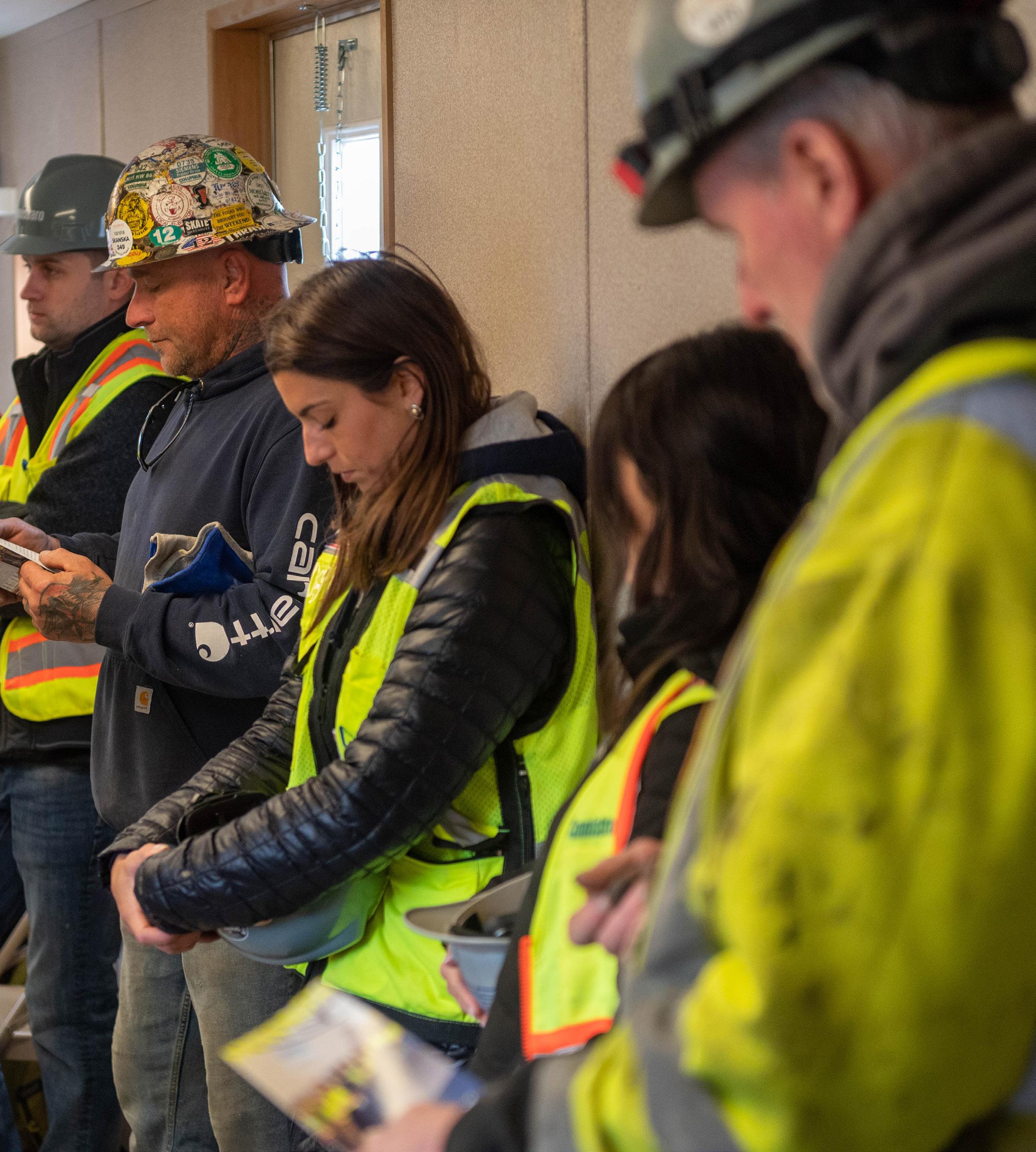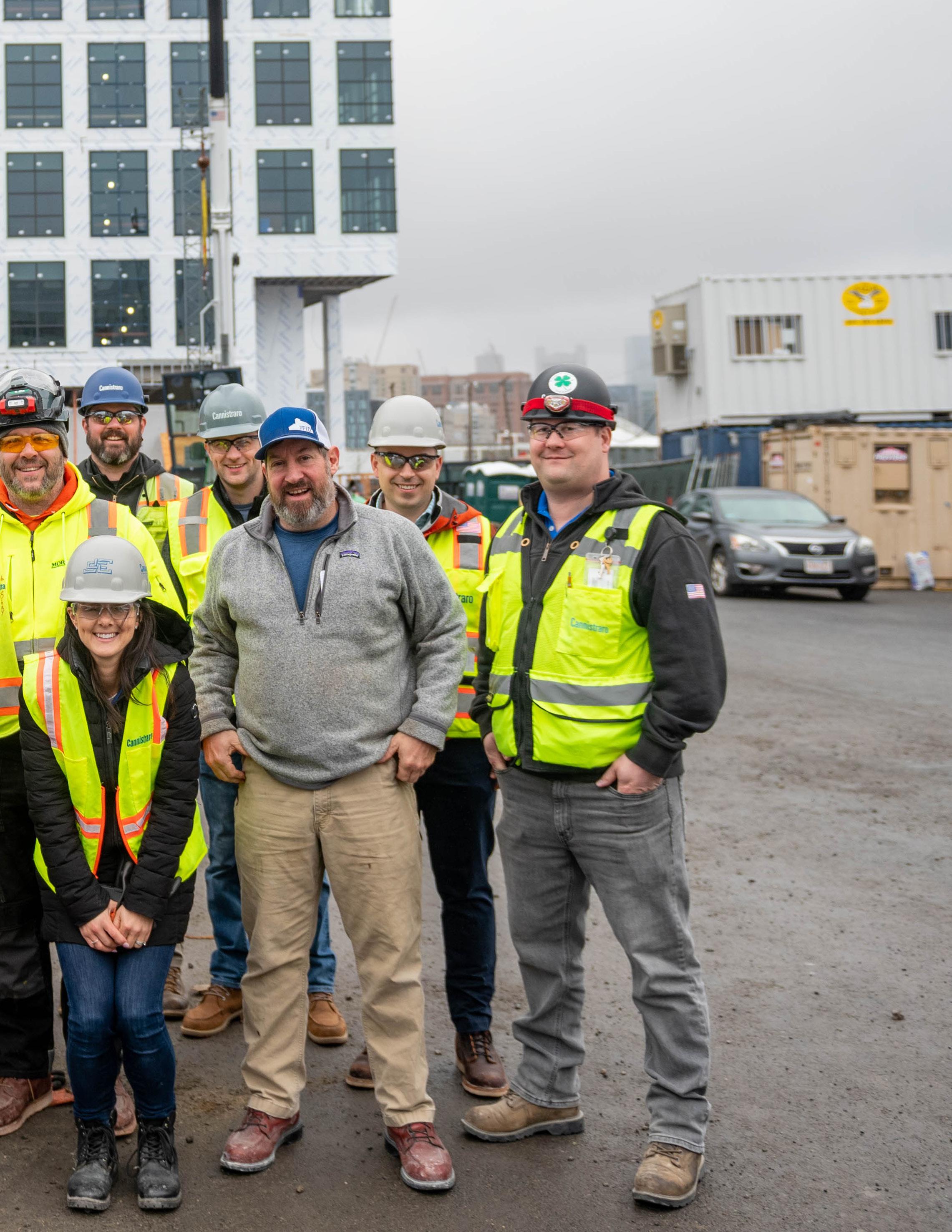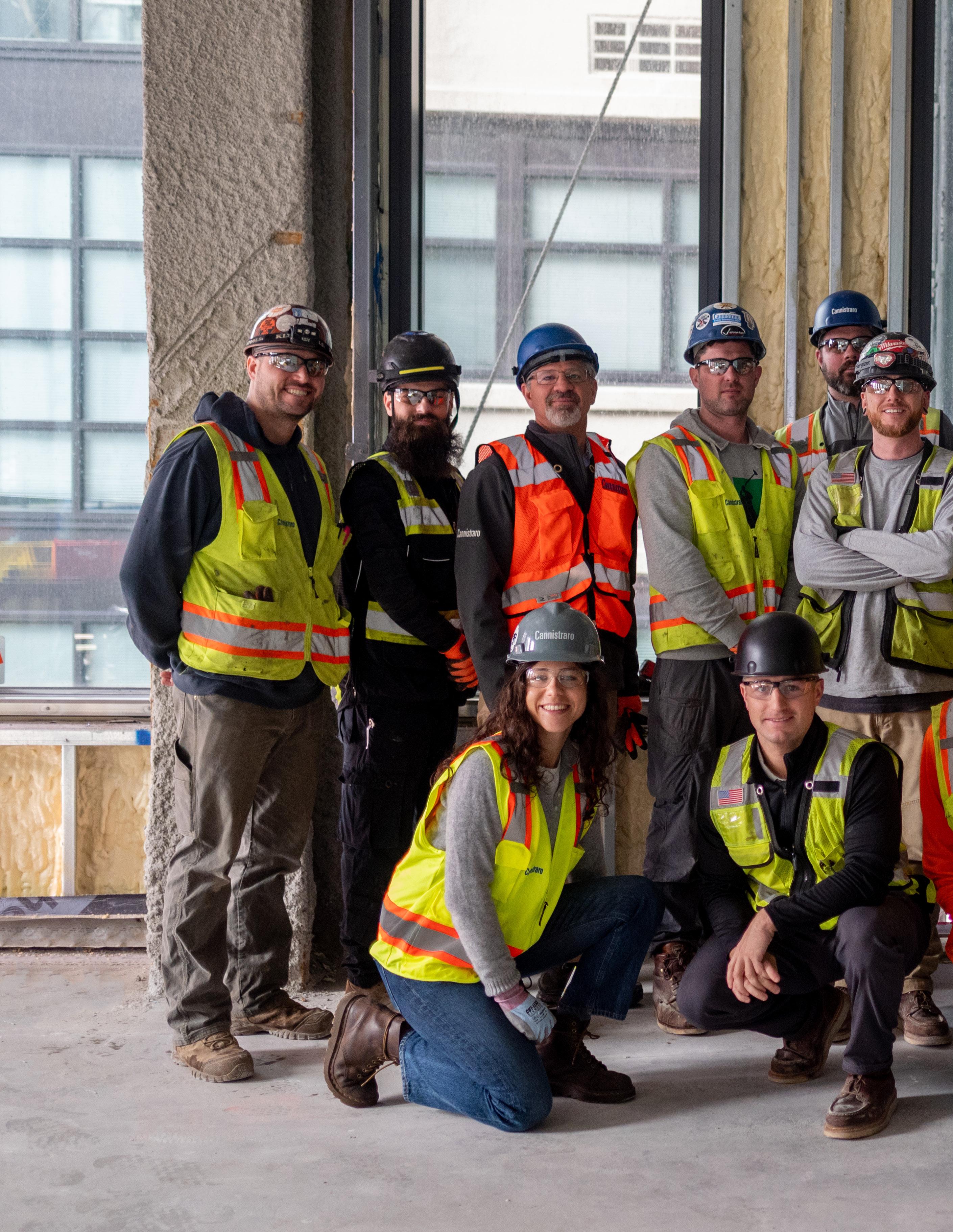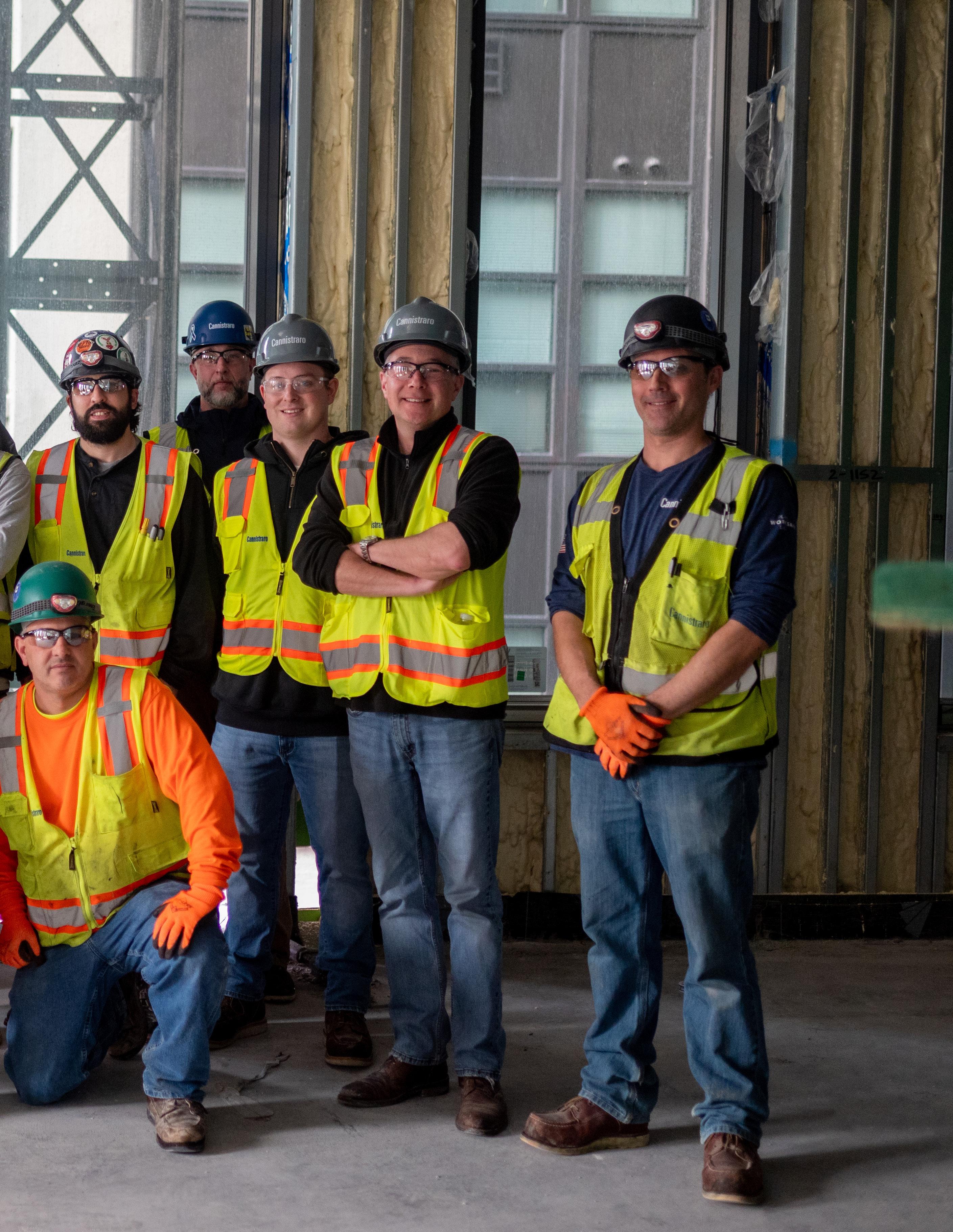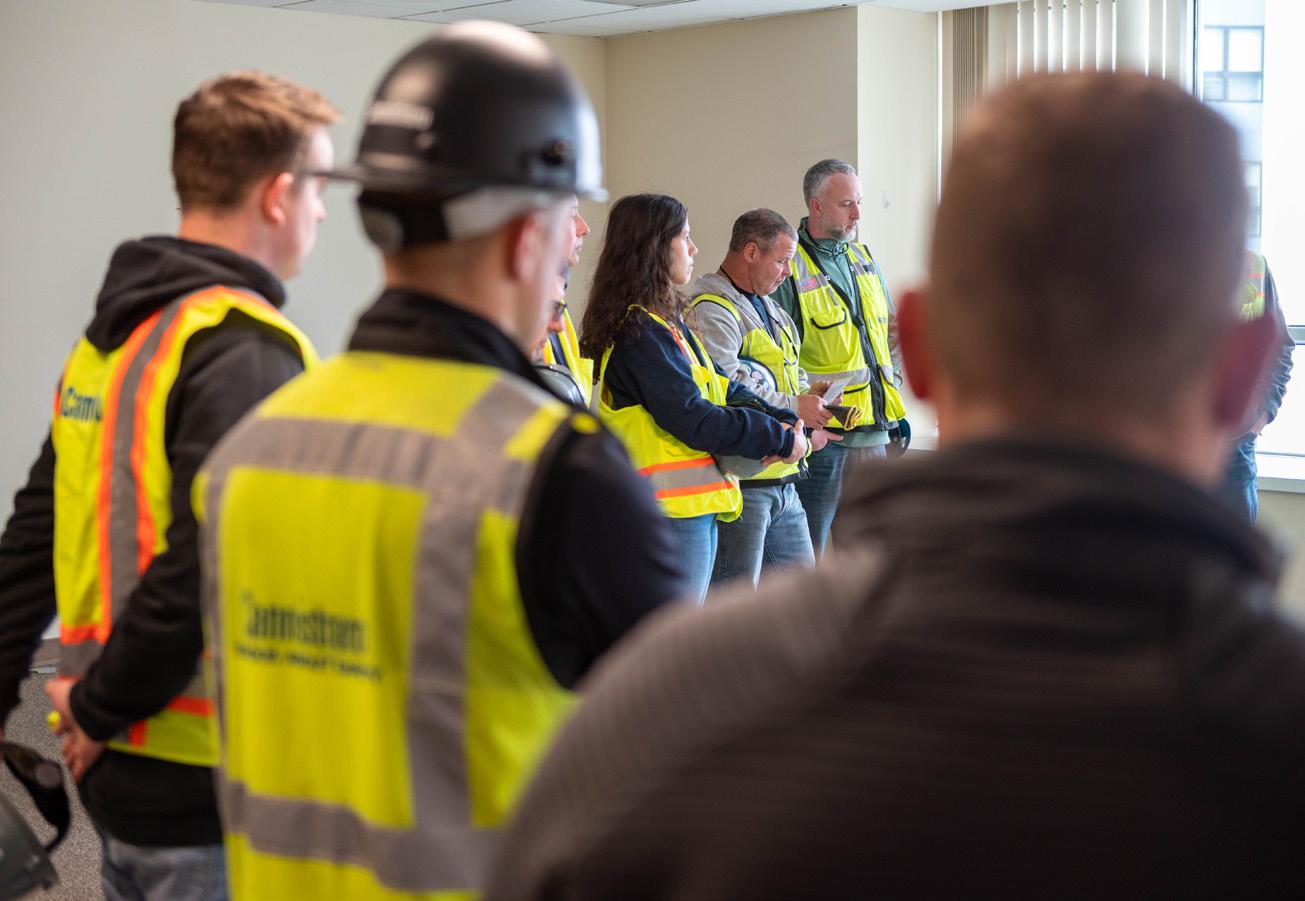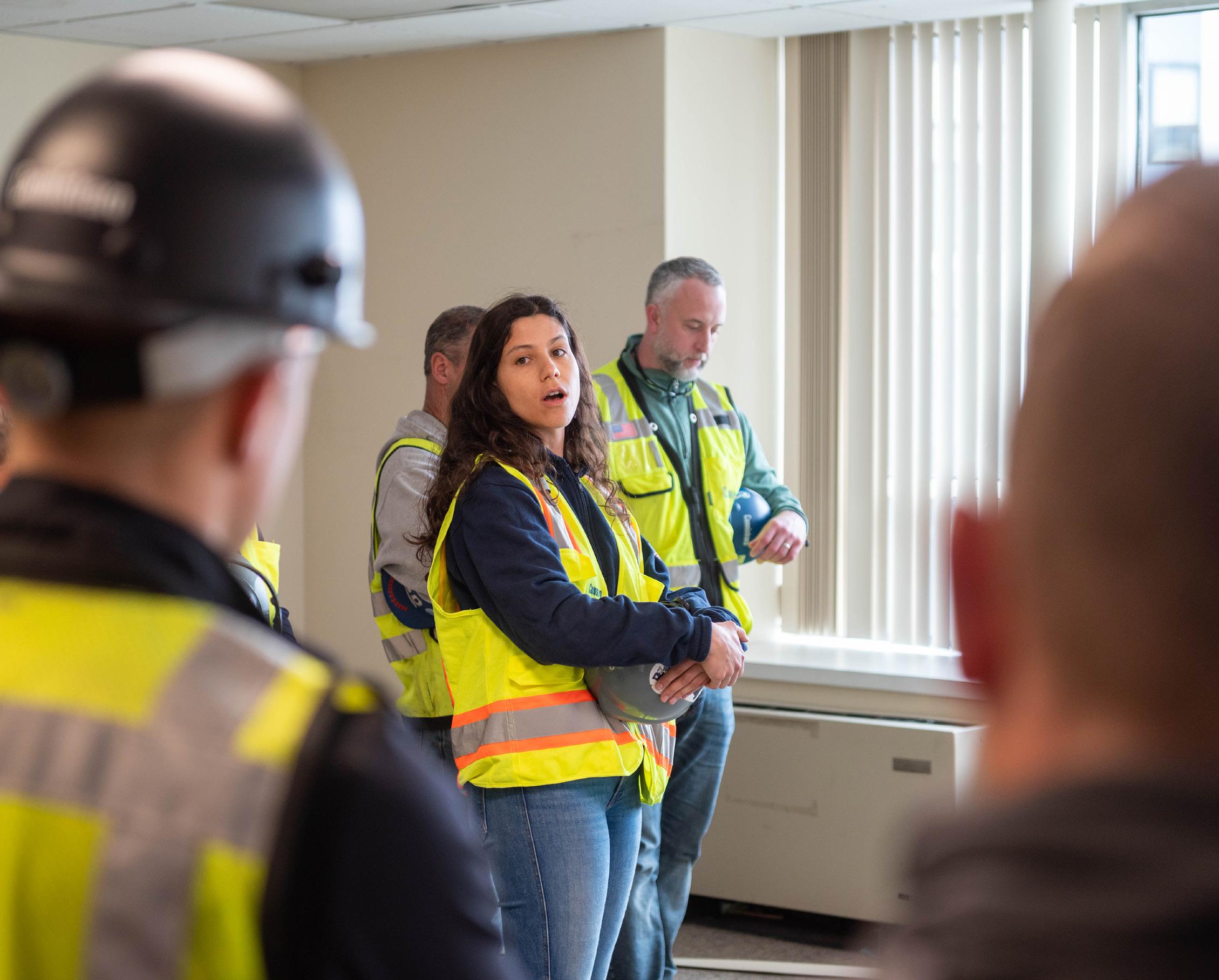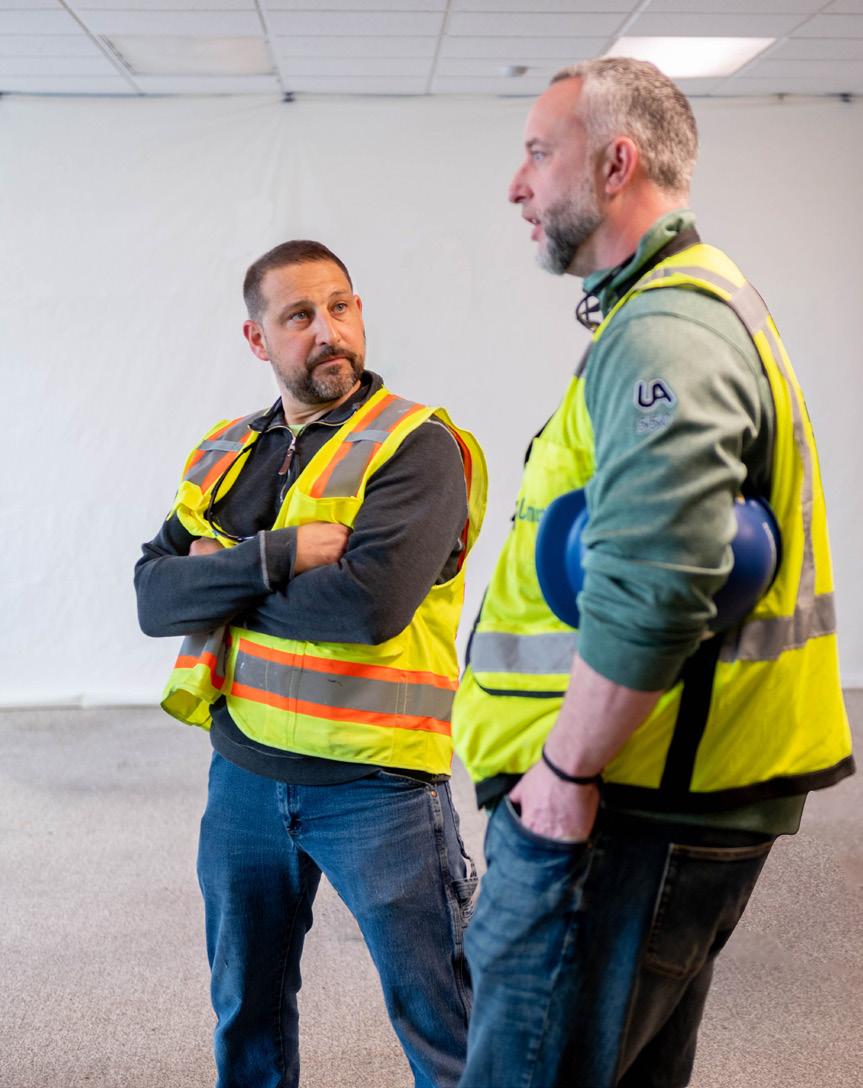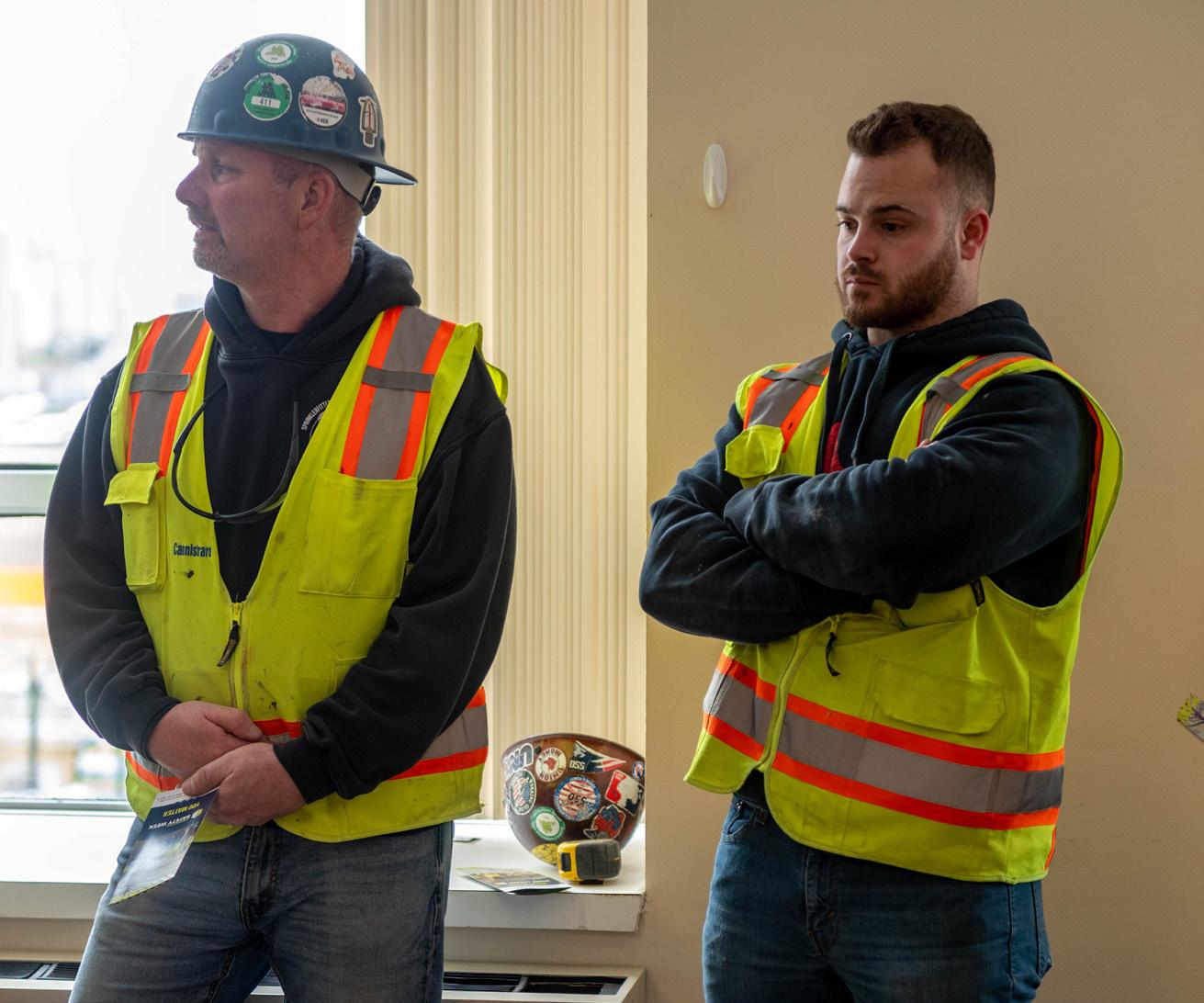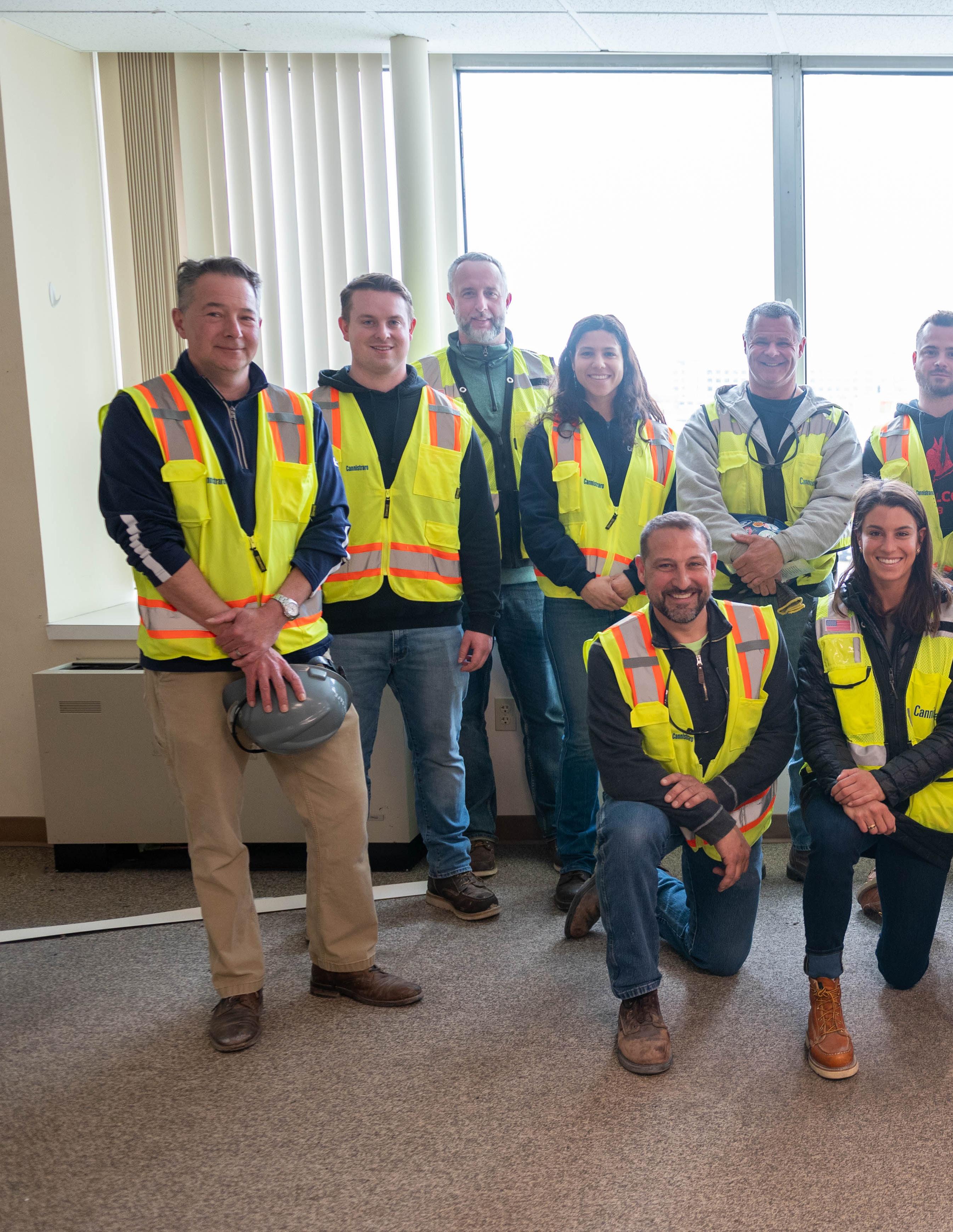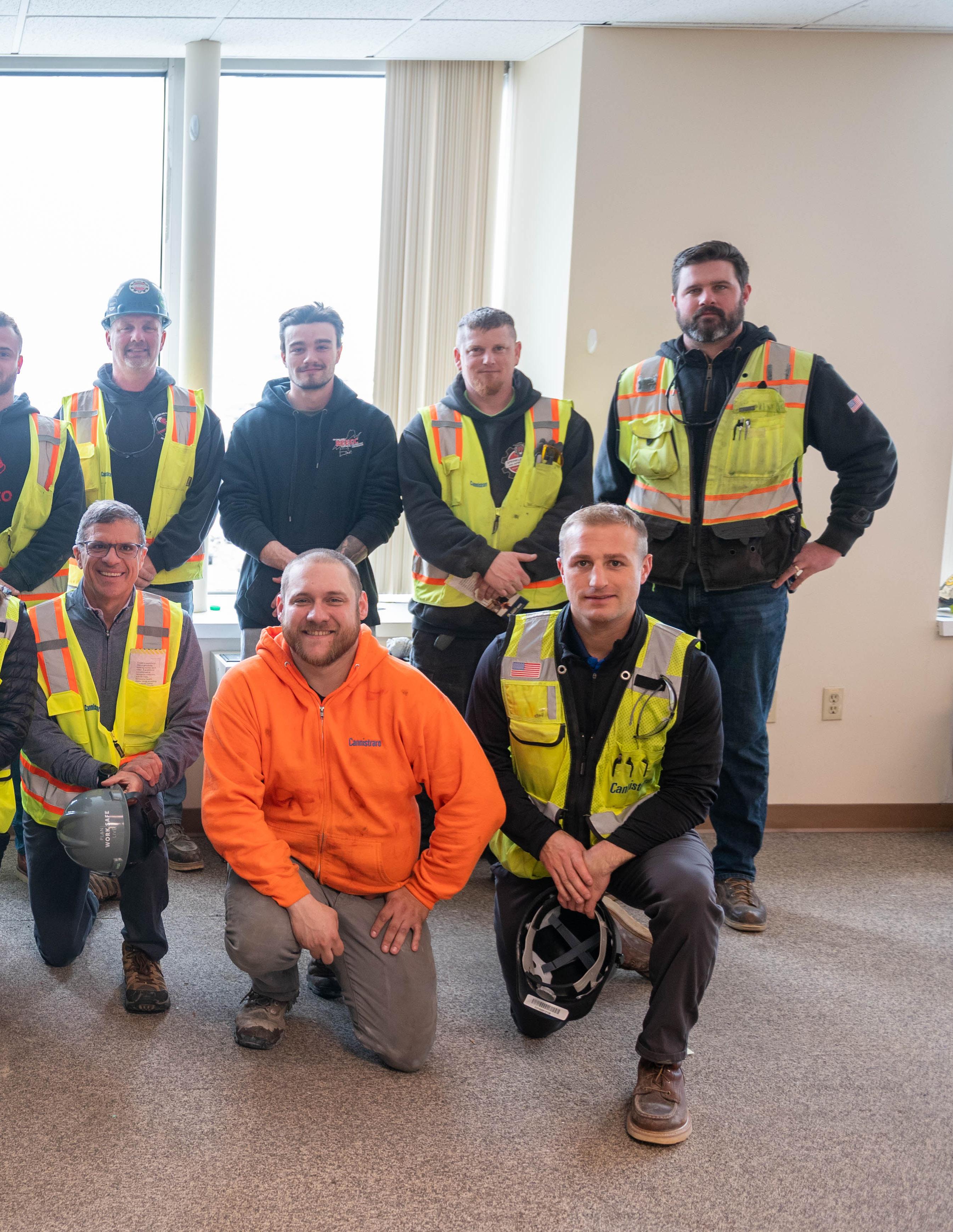
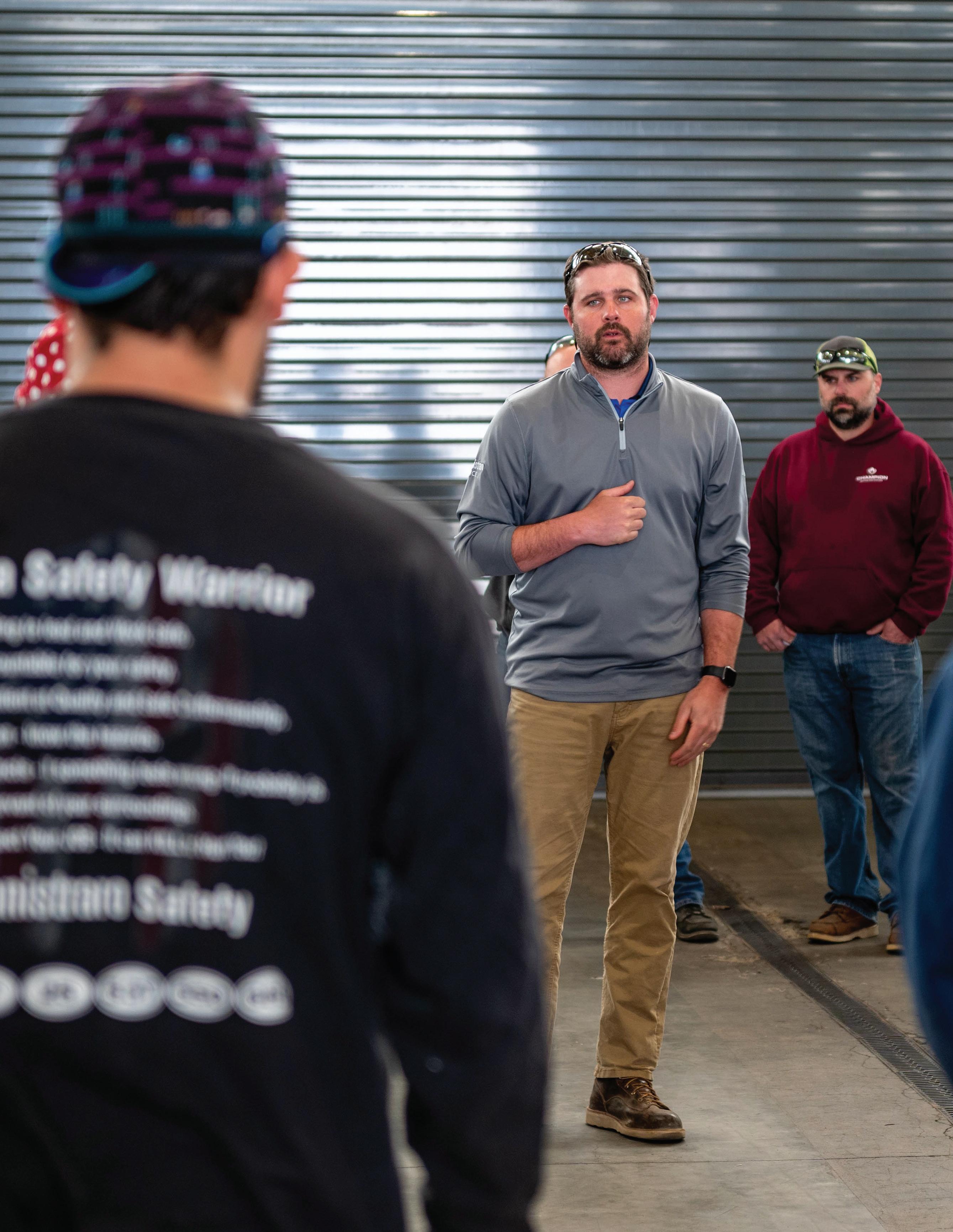



This is a simple question that doesn’t get asked often enough. Checking in on how others are doing on the job can really have a positive impact in the workplace. It can lead to the start of a conversation, help build trust and friendships, prevent injuries, make someone’s day better, or even save someone’s life.
It’s nearly impossible to leave a mental health issue or personal crisis at the door when you get to work. But you don’t have to. We all have days when we can feel overwhelmed, stressed, distracted or just not like ourselves. When we take the time to connect and understand the needs of our team, and ourselves, we are better able to show up to support one another and keep everyone safe. Whether you’re suffering from grief, depression, substance abuse, or just having a bad day, we see you, we get you, and we’re here for you.

The most important part of your job is to be safe, by taking care of yourself physically and mentally.
Cannistraro is committed to support all employees by prioritizing their safety by focusing on the necessary aspects related to mental, physical and emotional wellness. We want to contribute to the growth of our industry’s health and wellness culture by providing the resources, leading by example and continuously encouraging employees to make healthy lifestyle changes based on personal goals. The most important part of your job is to be safe, by taking care of yourself physically and mentally.
70%
17%
There are approximately 3 jobsite fatalities in construction every day and an estimated 10-12 suicides among construction workers.
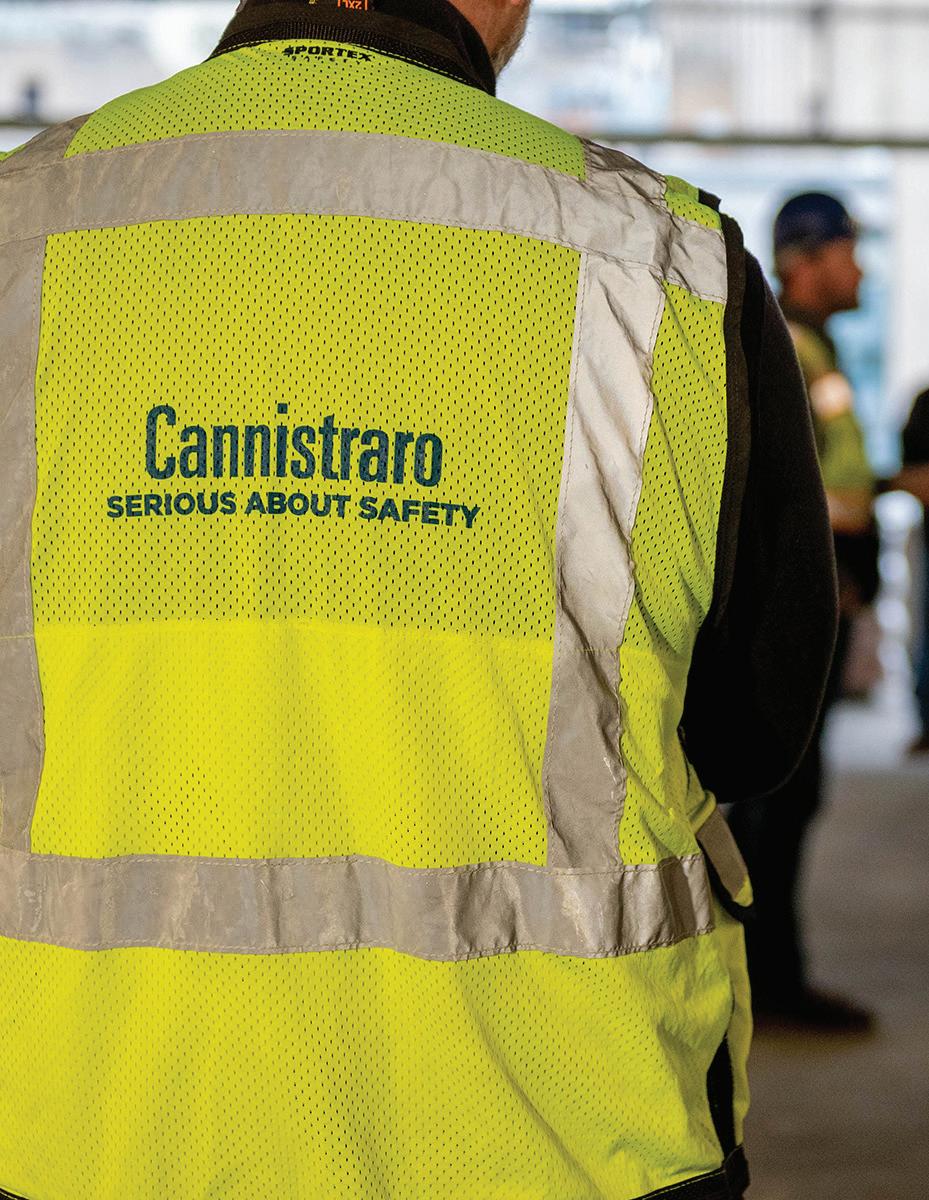
Recognizing the symptoms or behaviors that may be signs of a mental health issue isn’t always easy, but it’s an important first step in getting you or someone else the help they may need.
some common warning signs include:
Excessive worrying or fear
Feeling excessively sad or low
Confused thinking or problems concentrating and learning
Prolonged feelings of irritability or anger
Avoiding friends and social activities
Diffculties understanding or relating to other people
Changes in sleeping or eating habits
Extreme mood changes
Diffculty perceiving reality (delusions or hallucinations)
Inability to perceive changes in one’s own feelings, behavior or personality
Multiple physical ailments without obvious causes (such as headaches,stomach aches, vague and ongoing “aches and pains”)
Overuse of substances like alcohol or drugs
Thinking about suicide









